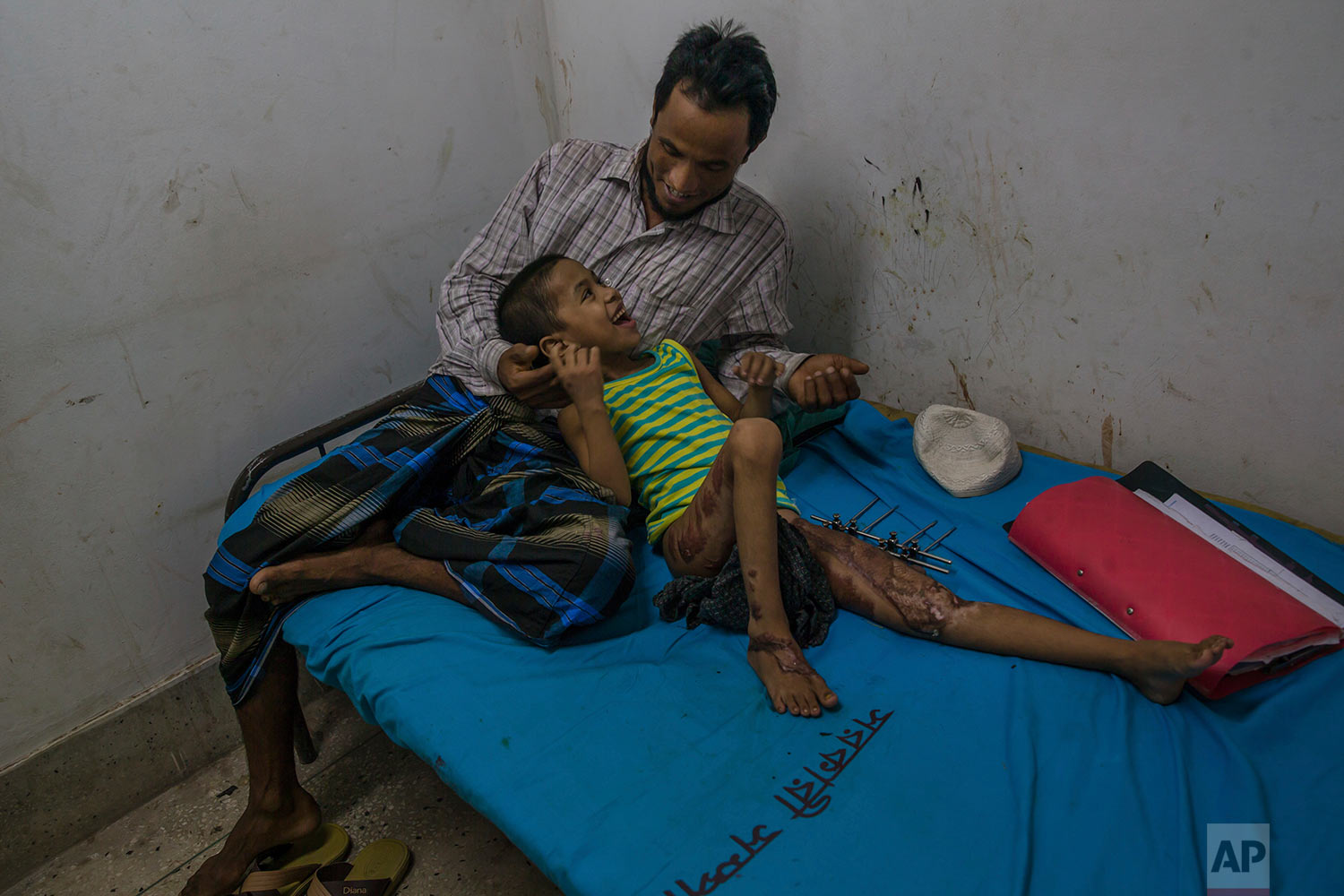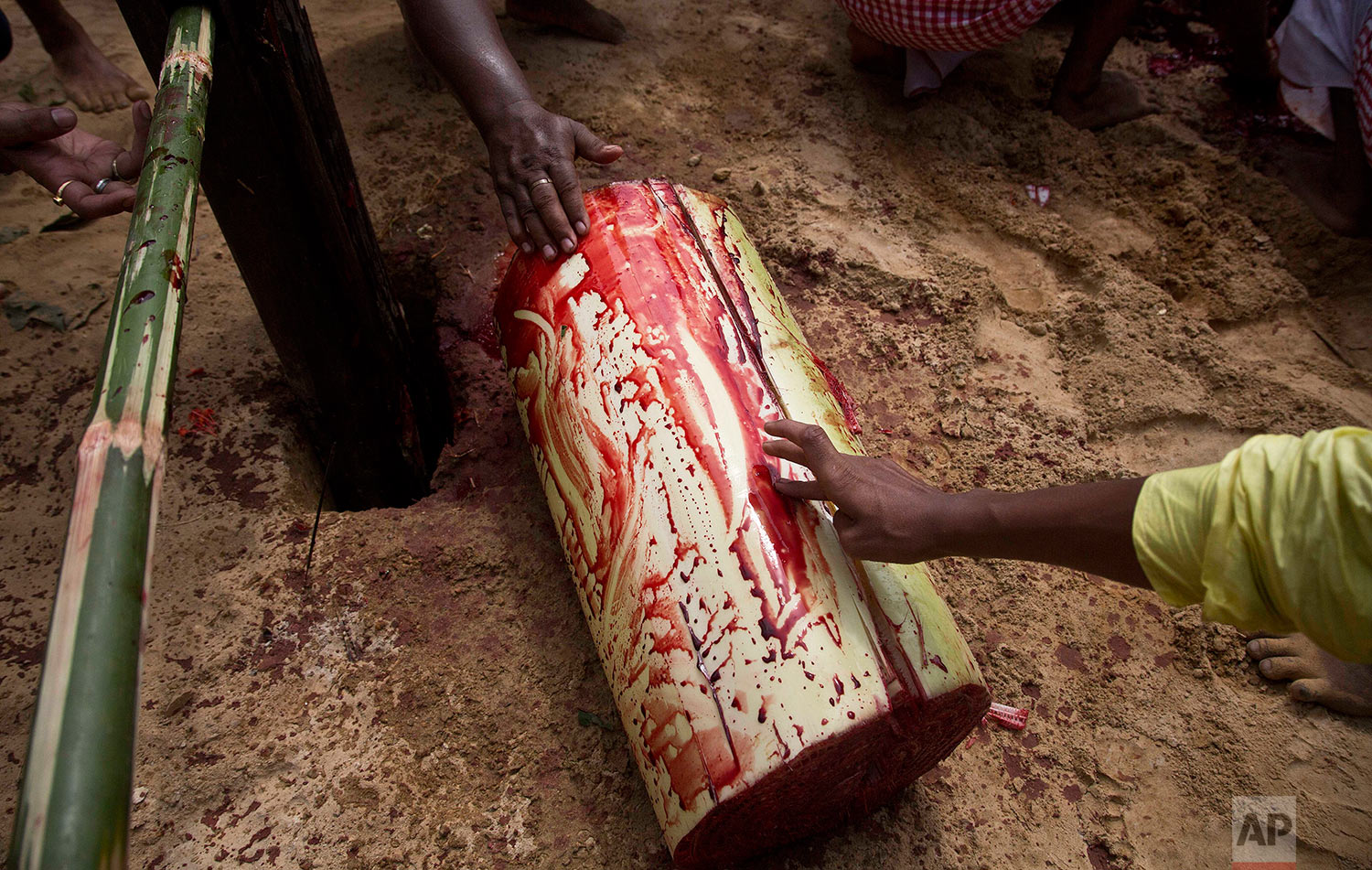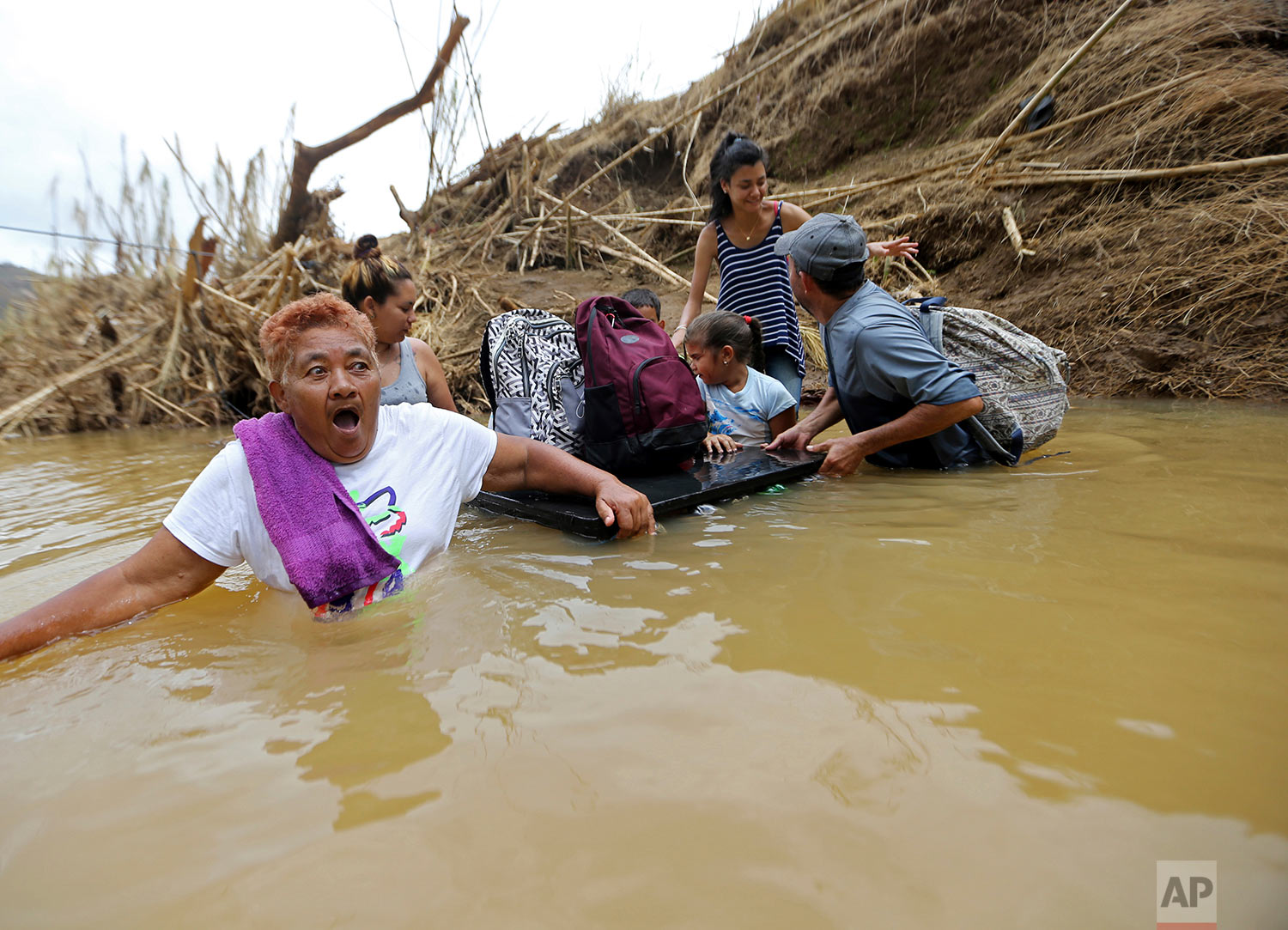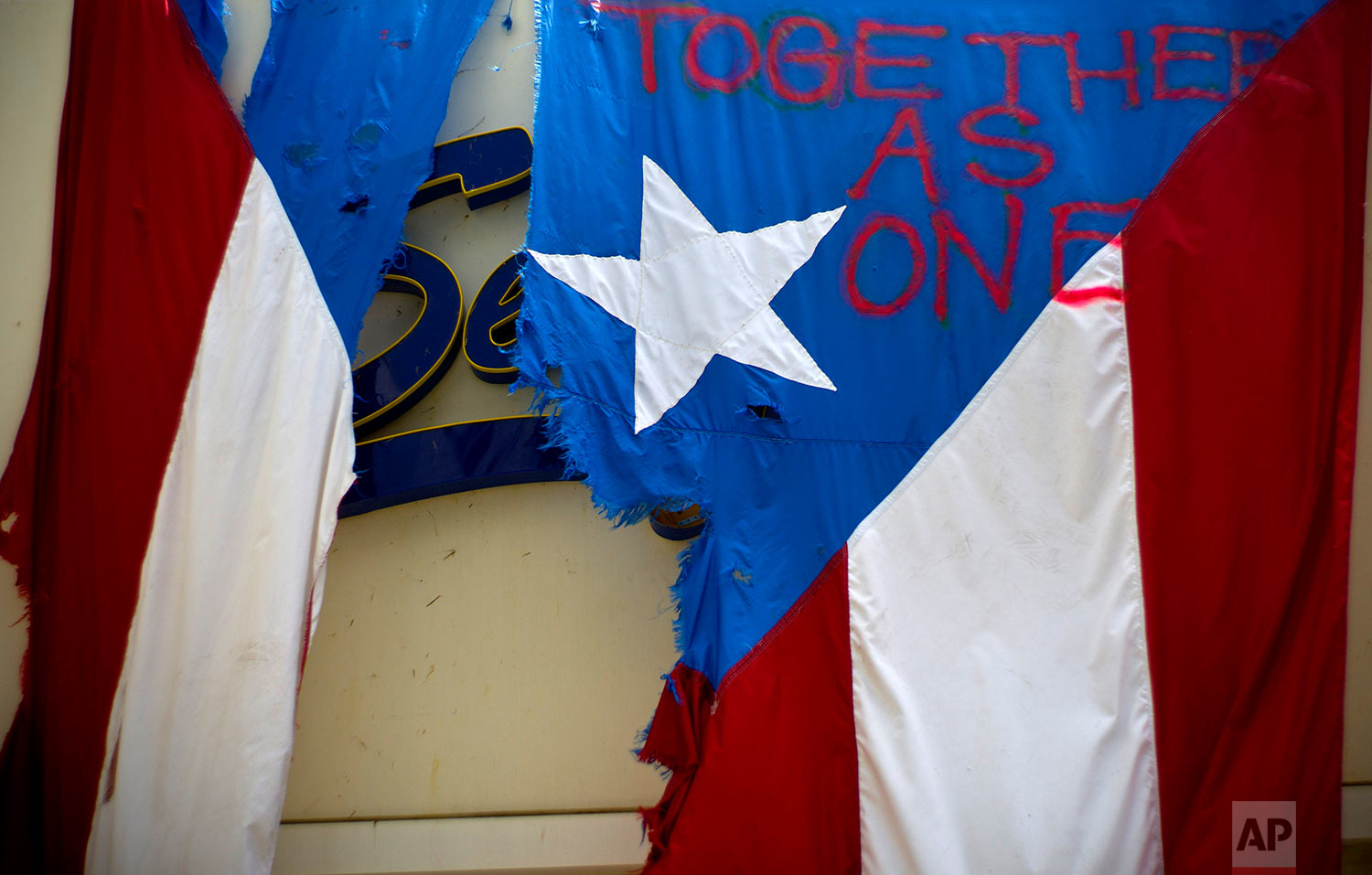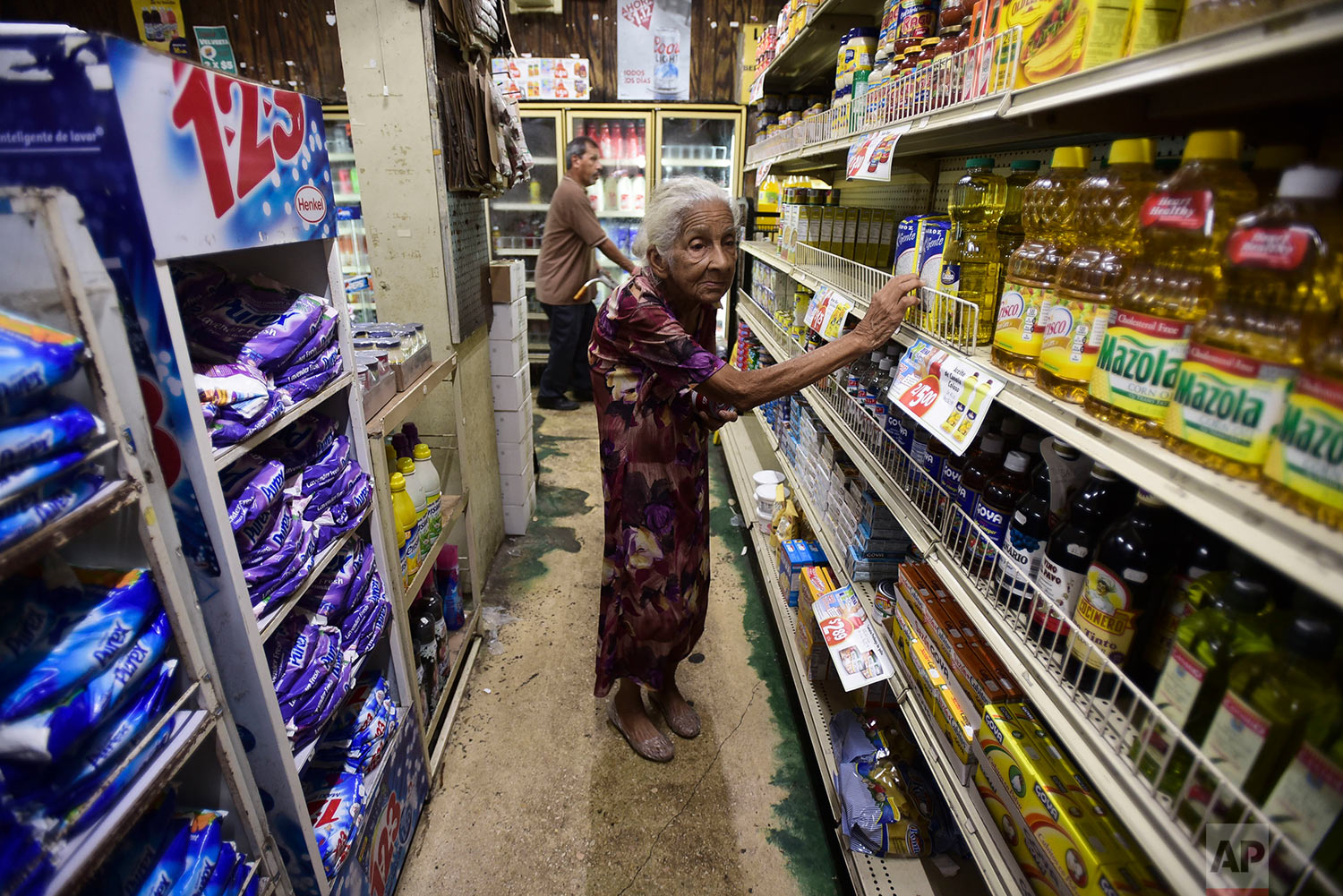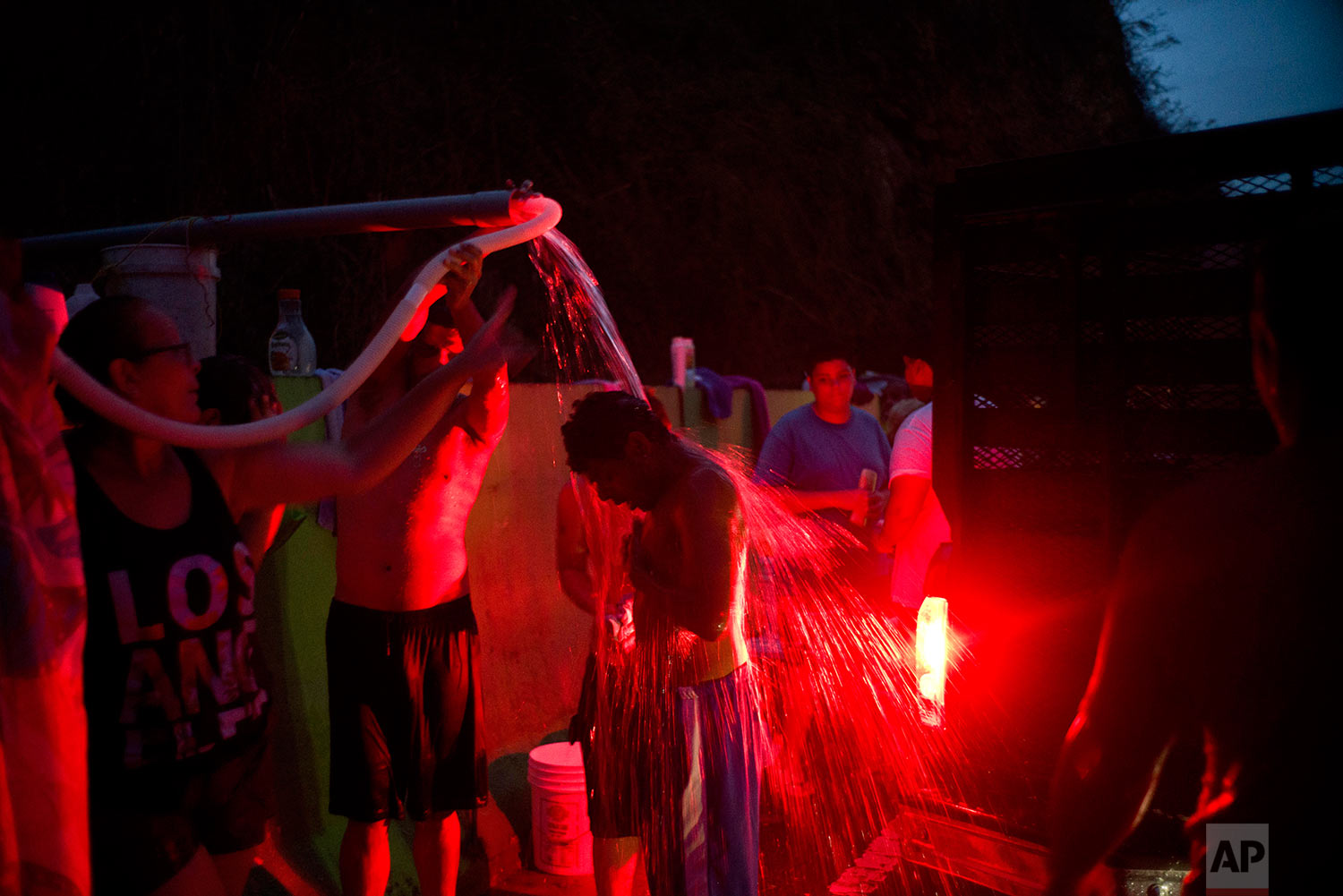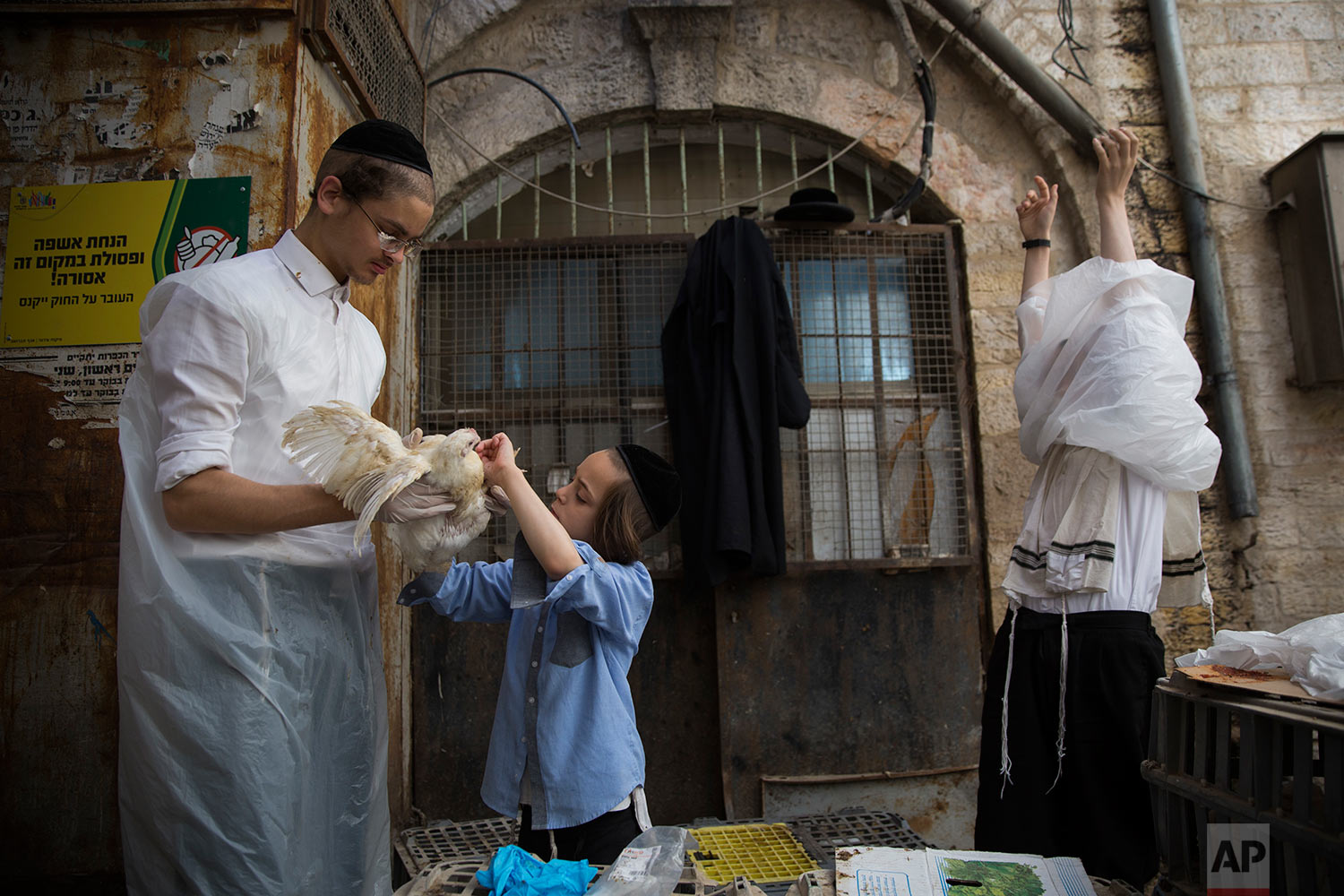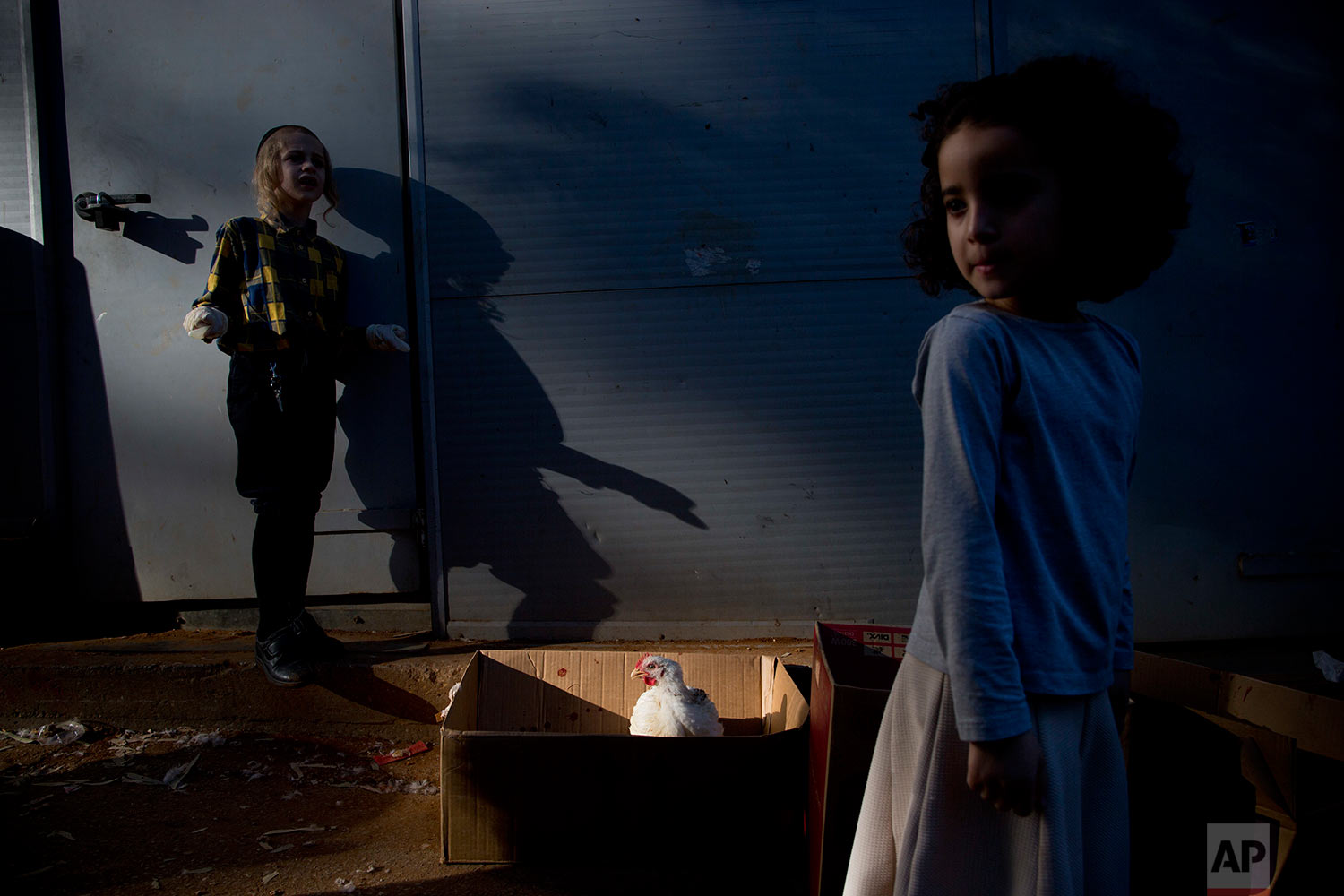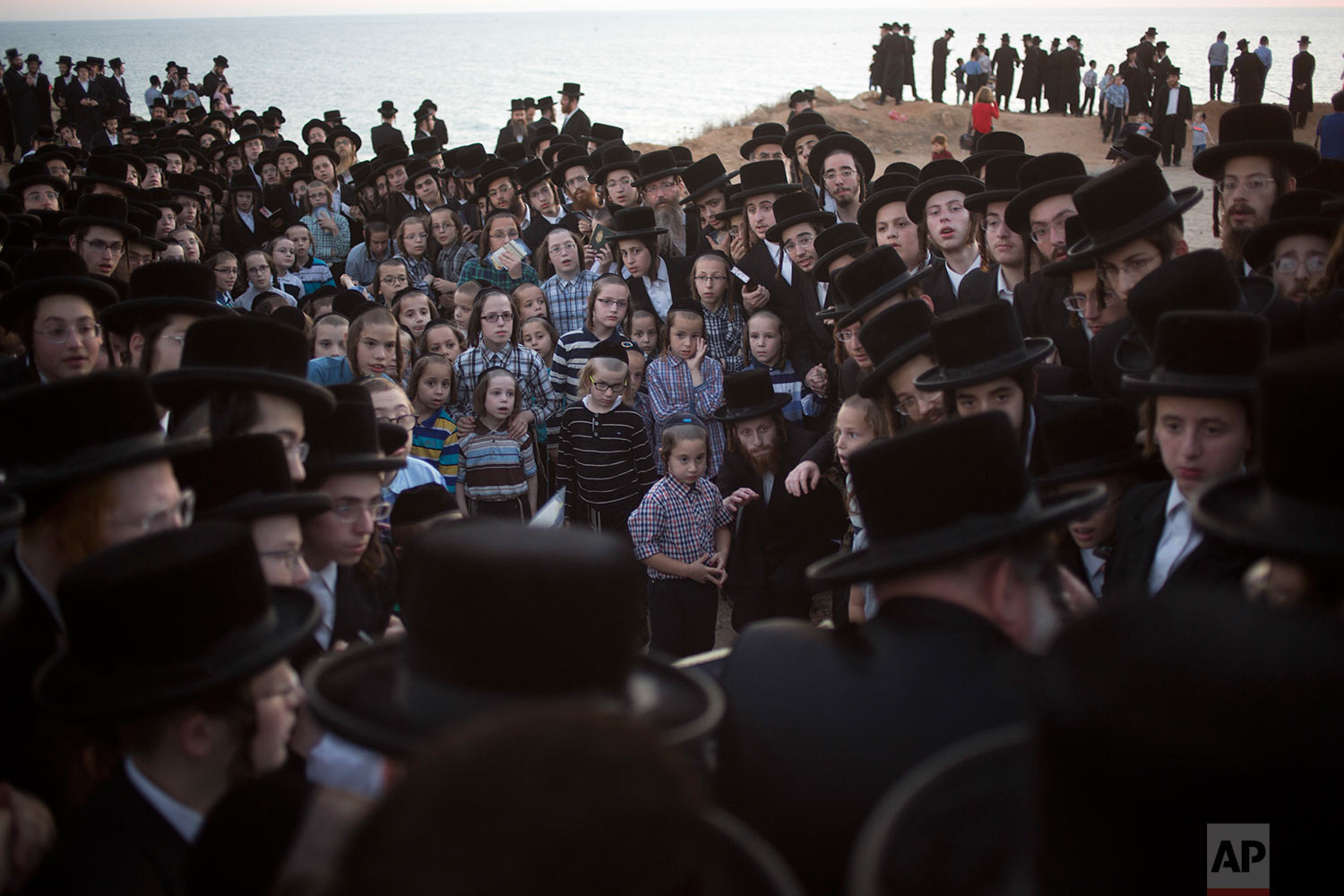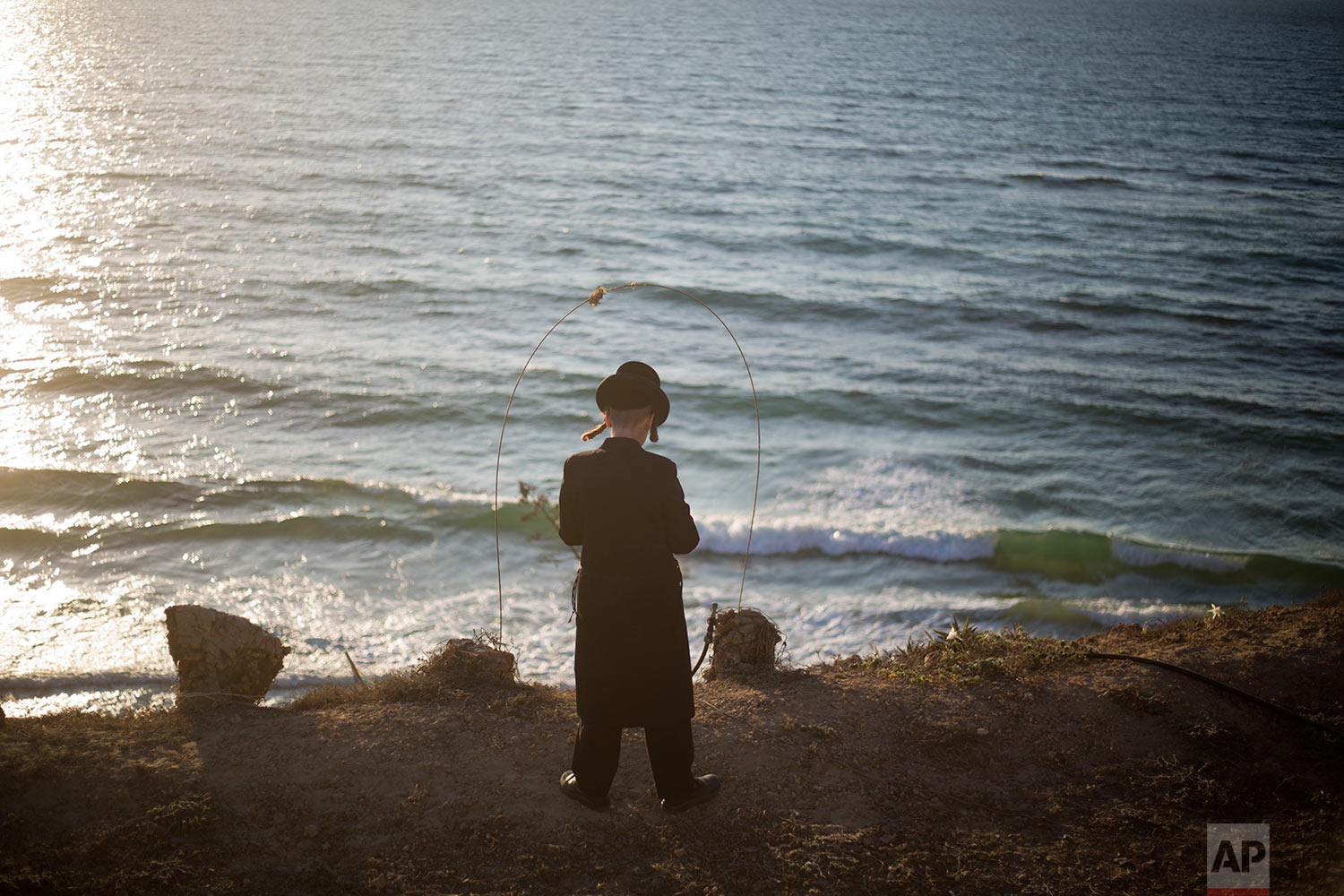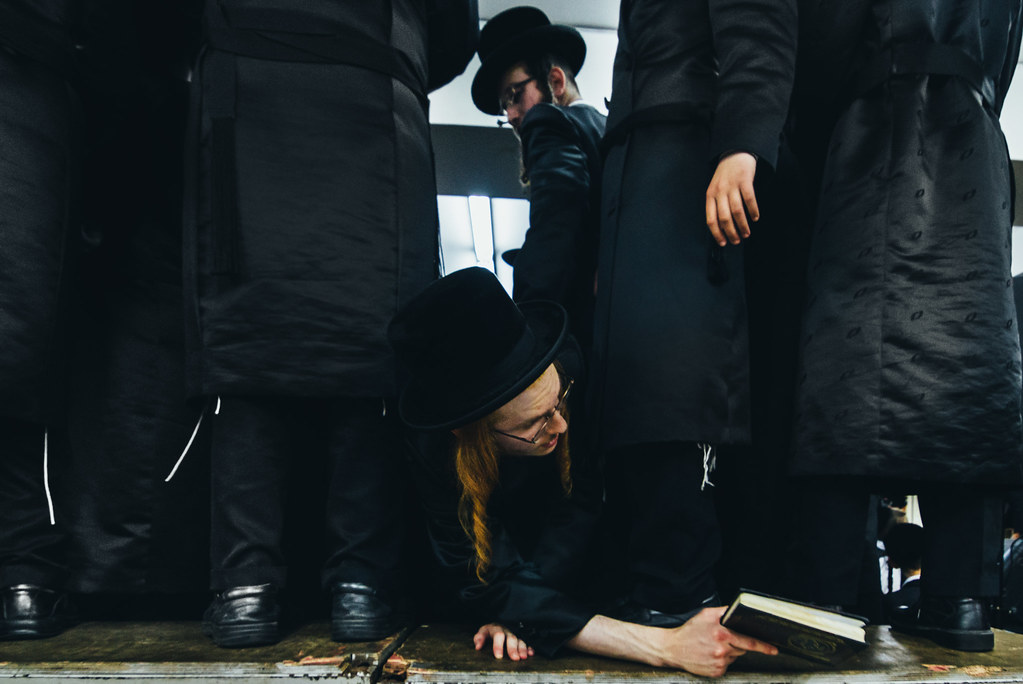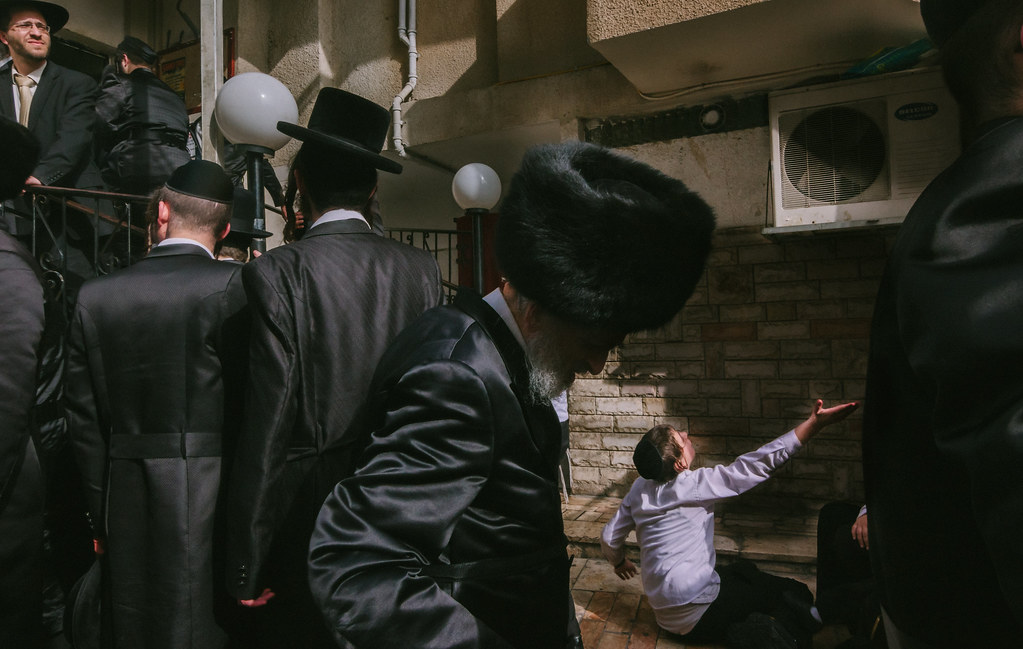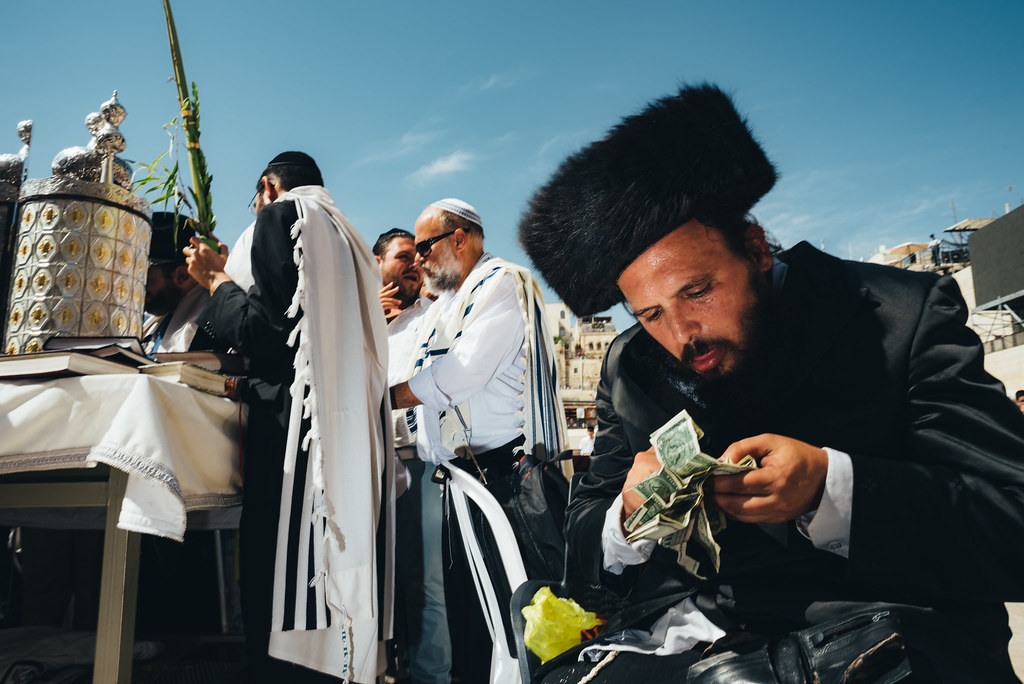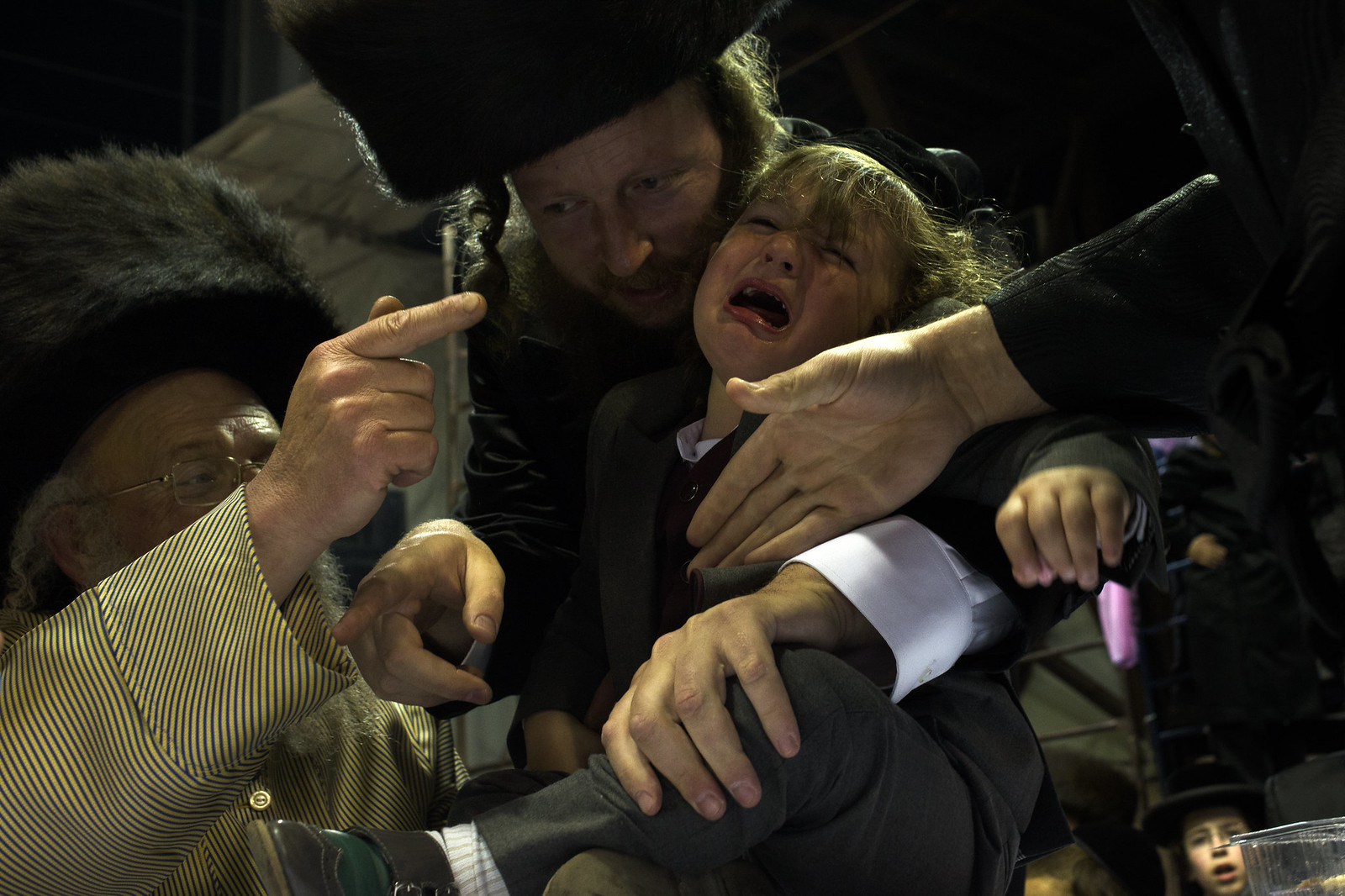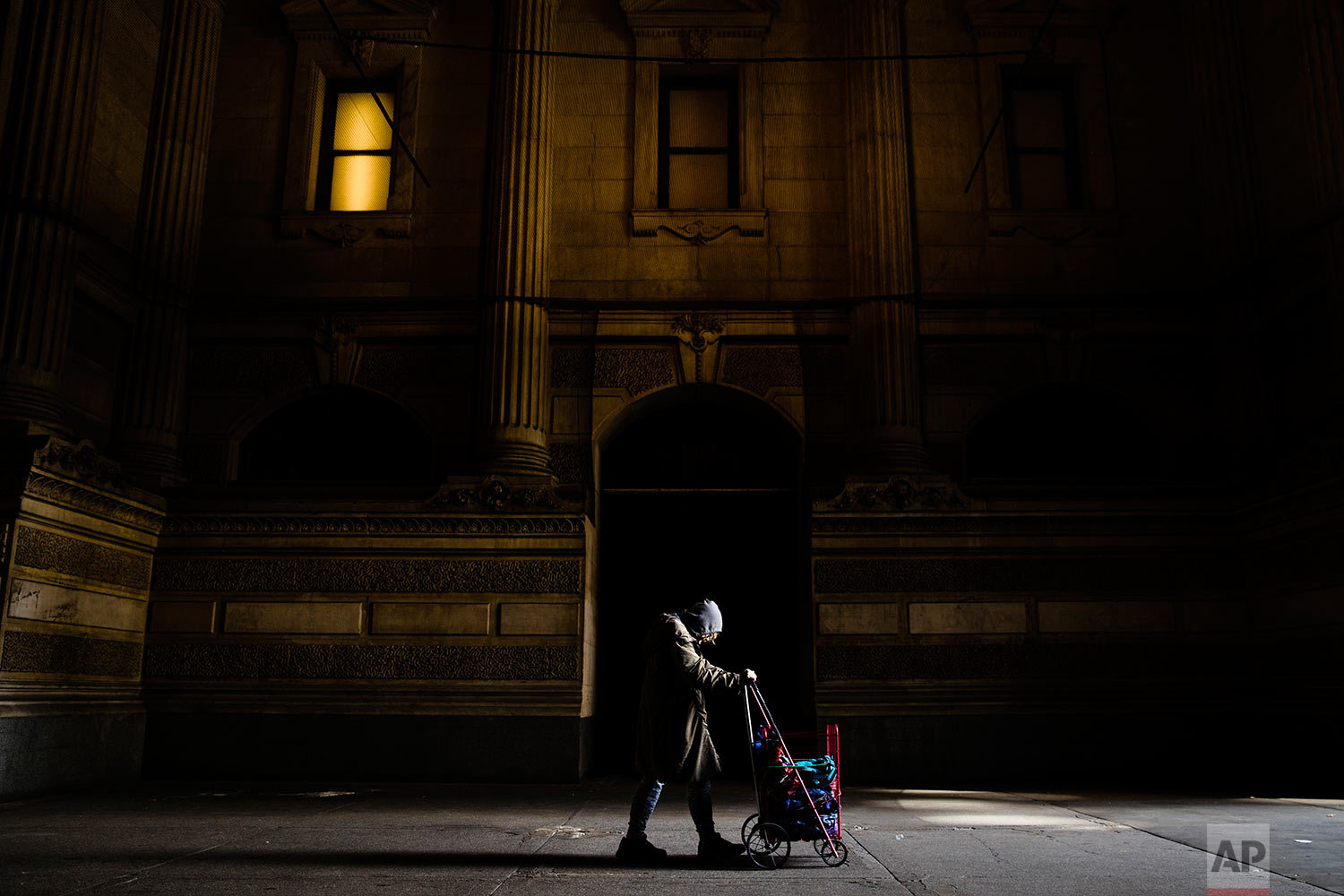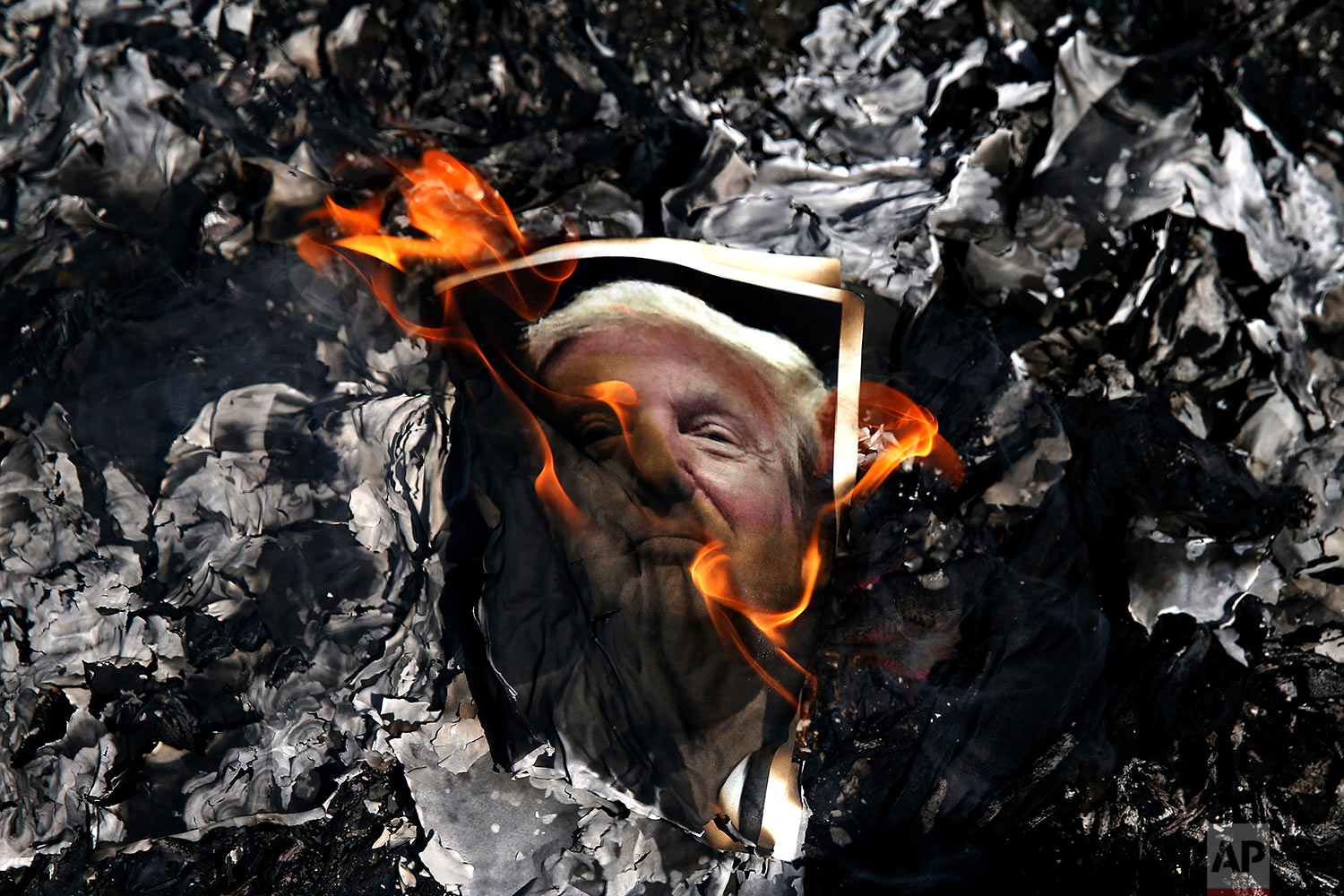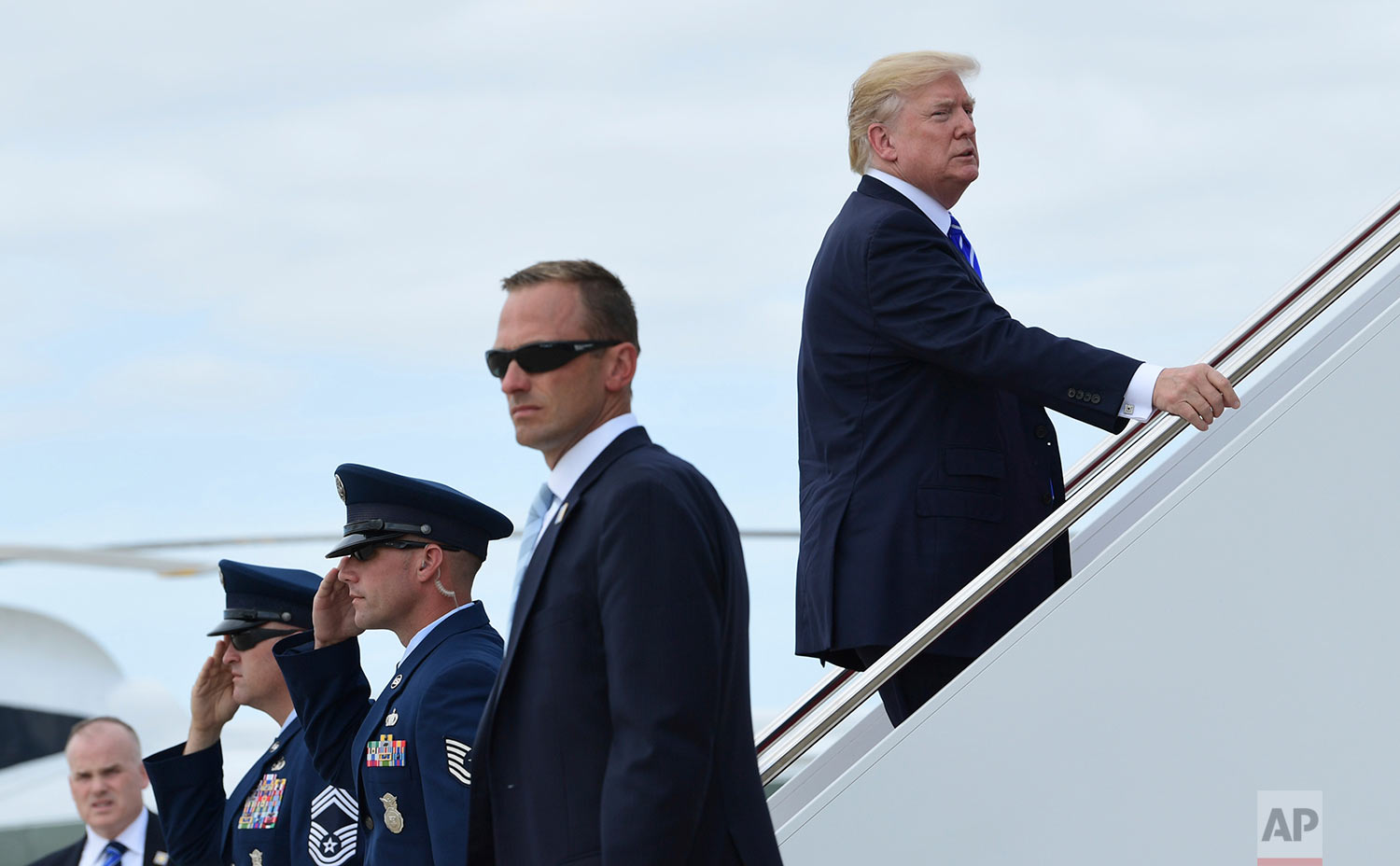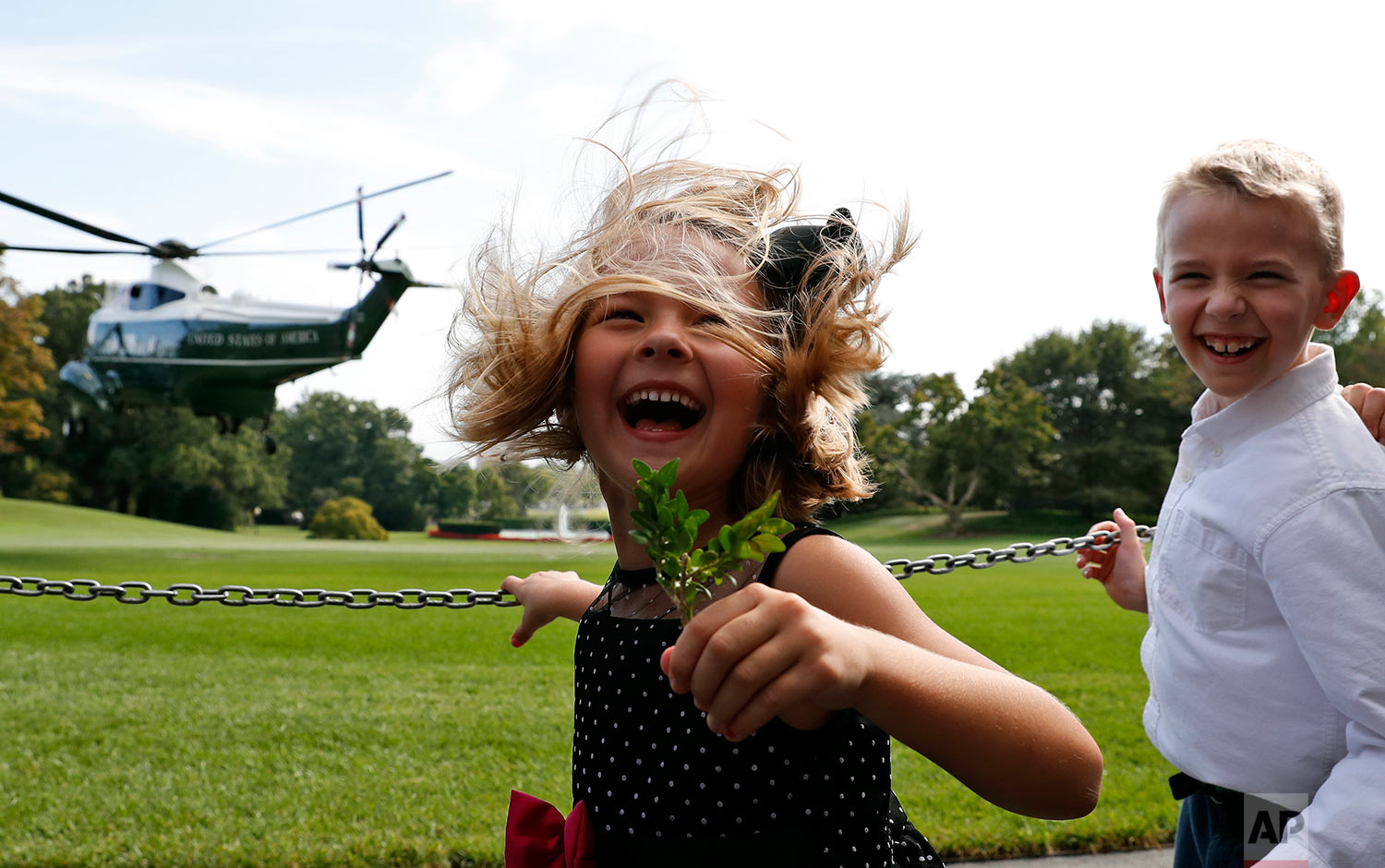.

Ocher and rose [West LA]: photo by Andrew Murr, 27 May 2016
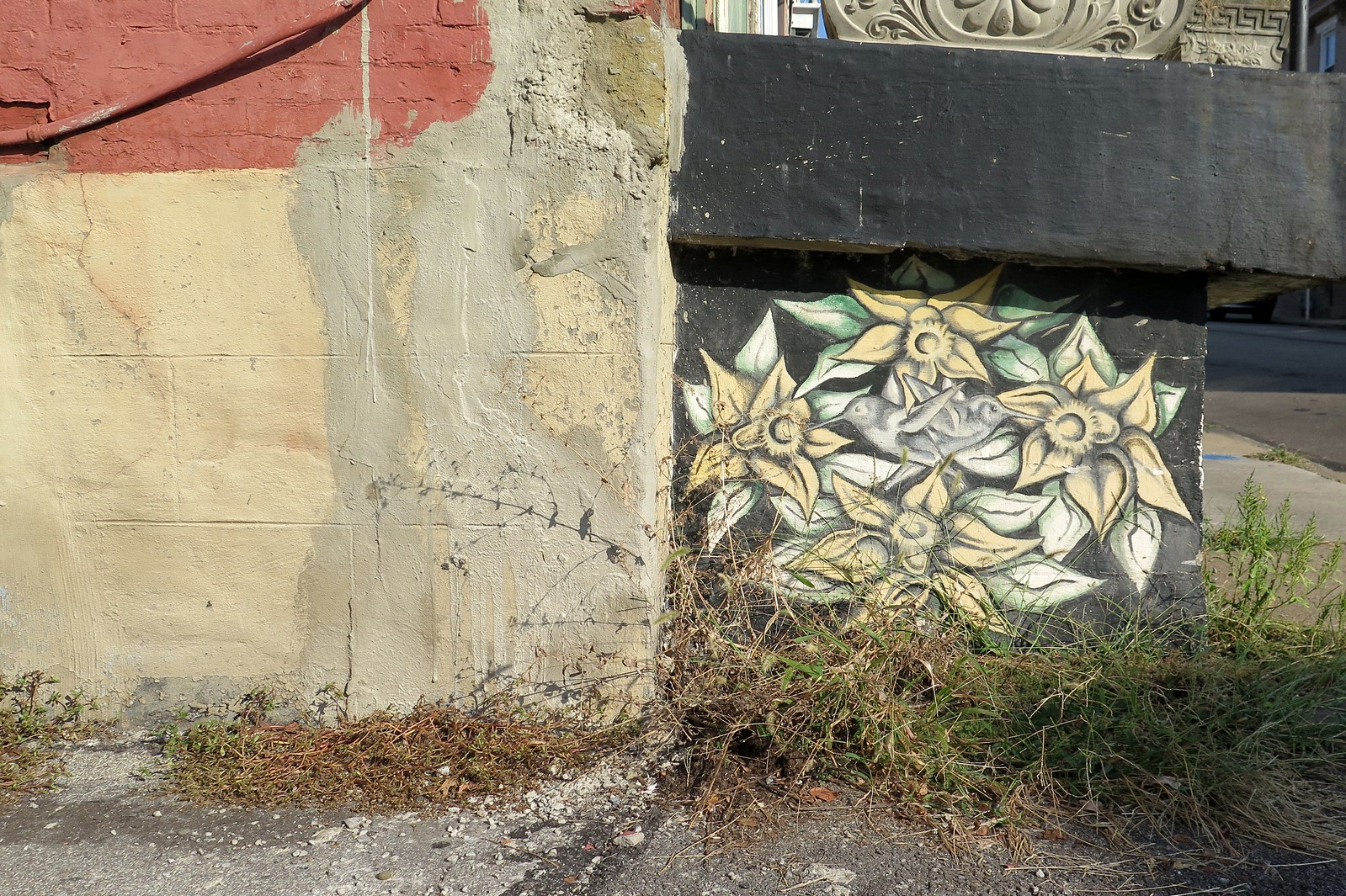
Mexican War Streets detail. the Streets is an historic district in Pittsburgh full of lovely restored homes closer to town and more rustic ones deeper within.: photo by Summ...., 27 September 2017

Mexican War Streets detail. the Streets is an historic district in Pittsburgh full of lovely restored homes closer to town and more rustic ones deeper within.: photo by Summ...., 27 September 2017

Mexican War Streets detail. the Streets is an historic district in Pittsburgh full of lovely restored homes closer to town and more rustic ones deeper within.: photo by Summ...., 27 September 2017

Trackside Cotton [Hamilton, Ontario]: photo by Tyler Wilson, 27 March 2015
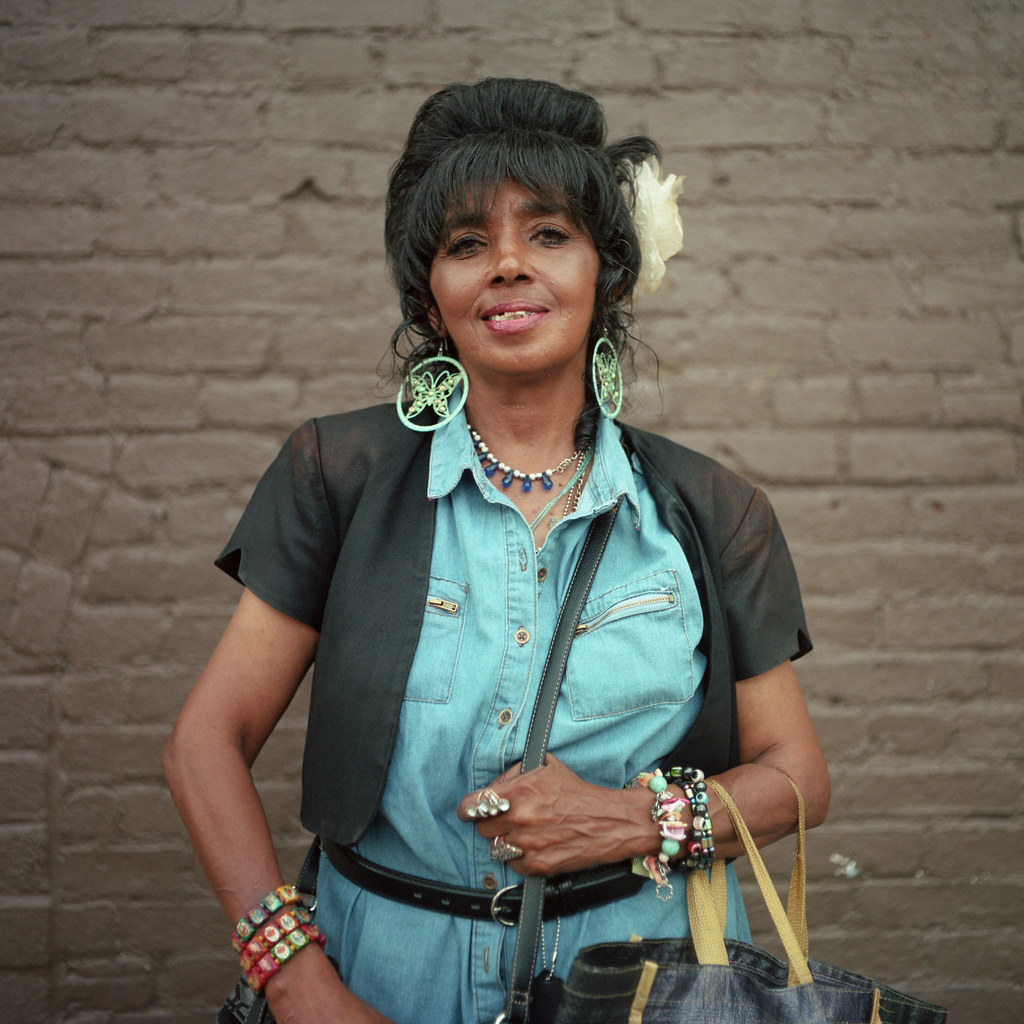
Untitled [Barclay, Baltimore]: photo by Patrick, August 2017
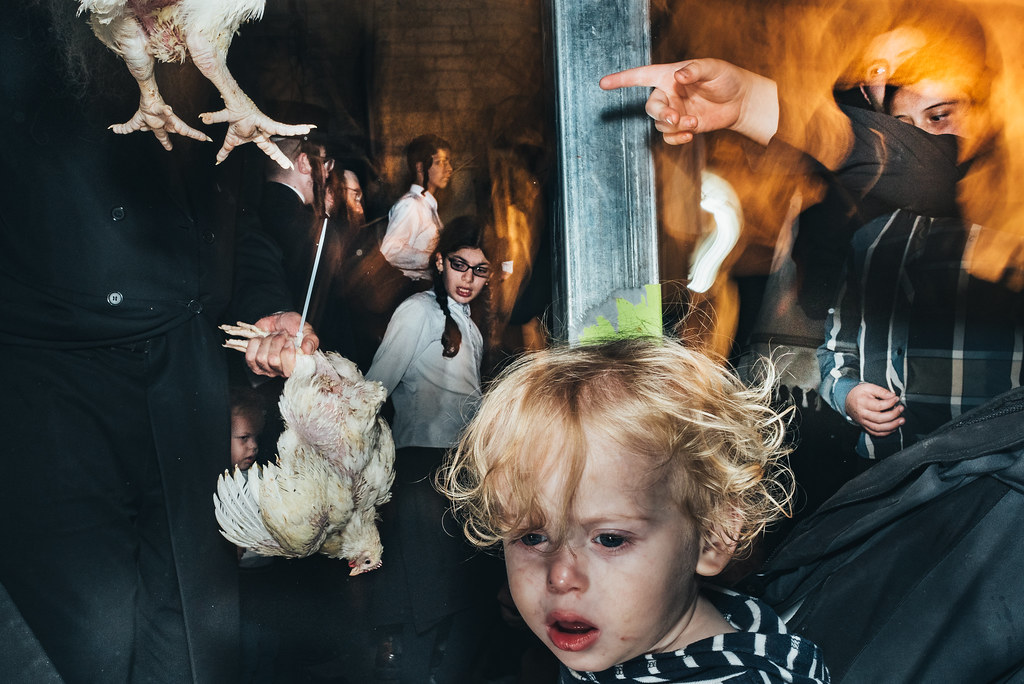
Untitled: photo by Barry Talis, 9 October 2016
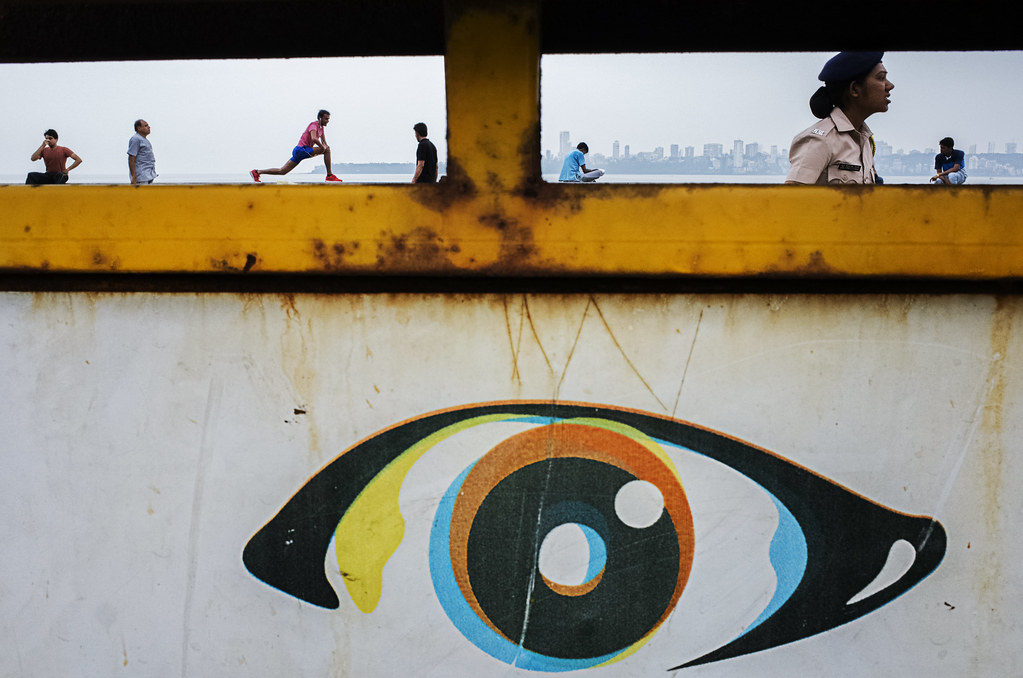 Marine Drive, Mumbai: photo by Muhammad Imam Hasan, 9 September 2017
Marine Drive, Mumbai: photo by Muhammad Imam Hasan, 9 September 2017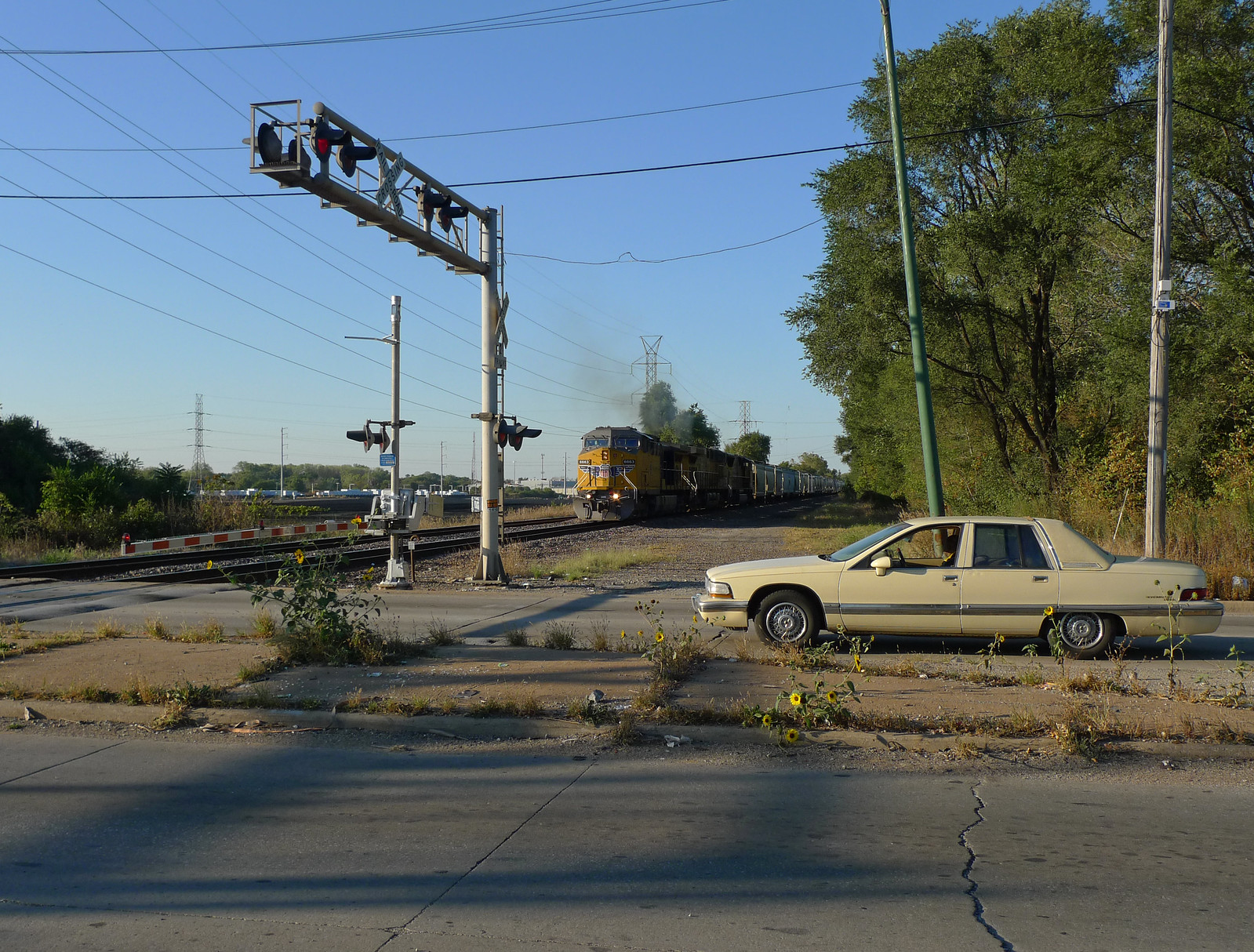
400 block of East 130th Street [Chicago]: photo by curtis locke, 28 September 2017

400 block of East 130th Street [Chicago]: photo by curtis locke, 28 September 2017

400 block of East 130th Street [Chicago]: photo by curtis locke, 28 September 2017
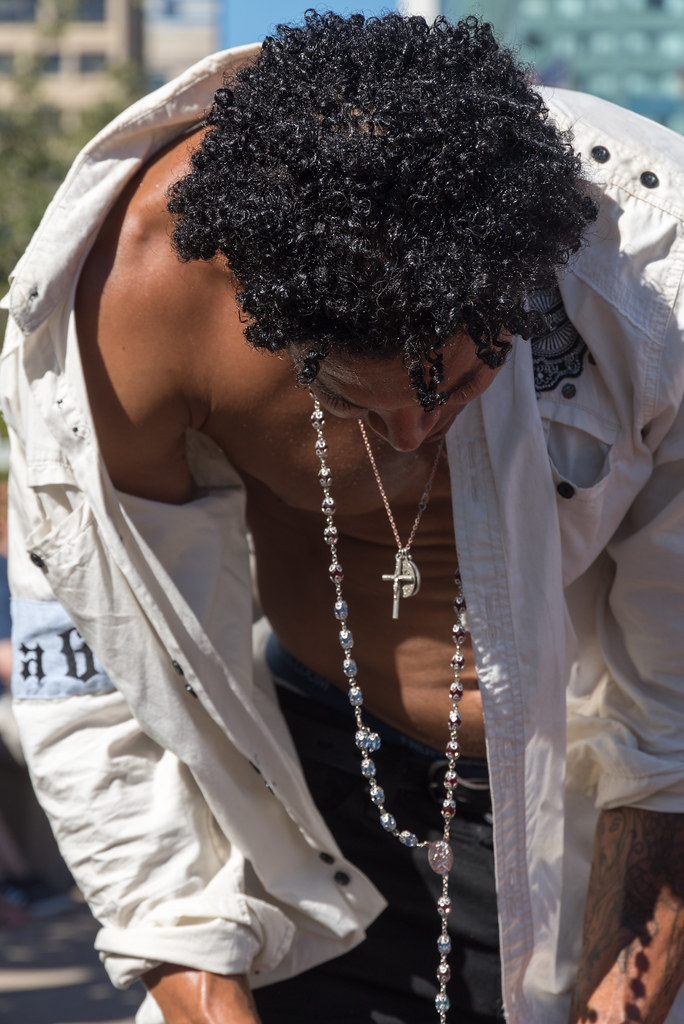
Untitled [Baltimore]: photo by Larry Cohen, 23 September 2017
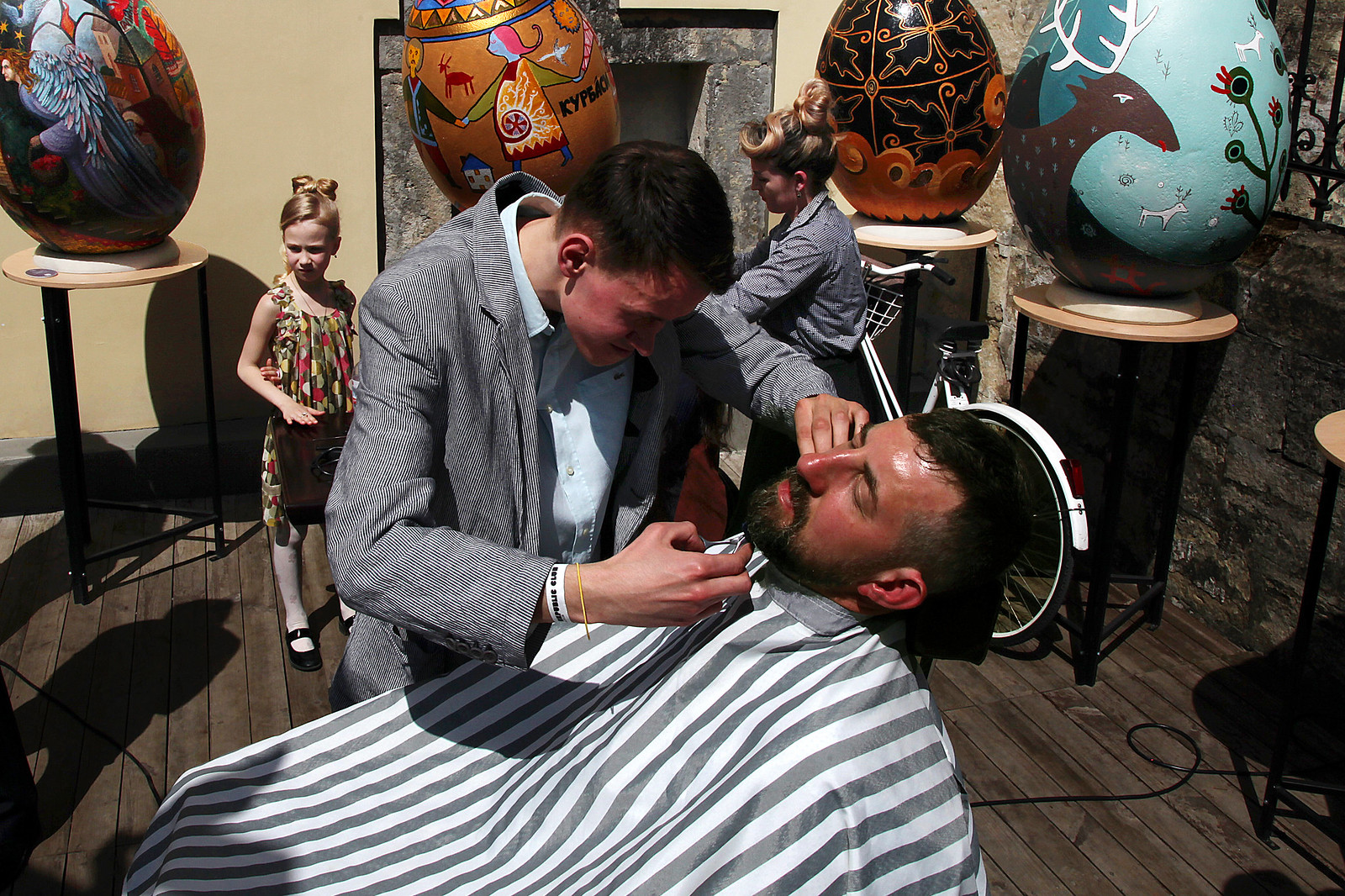
Hairdresser [L'viv, Ukraine]: photo by Tetyana Bunyak, 6 May 2017

Hairdresser [L'viv, Ukraine]: photo by Tetyana Bunyak, 6 May 2017

Hairdresser [L'viv, Ukraine]: photo by Tetyana Bunyak, 6 May 2017
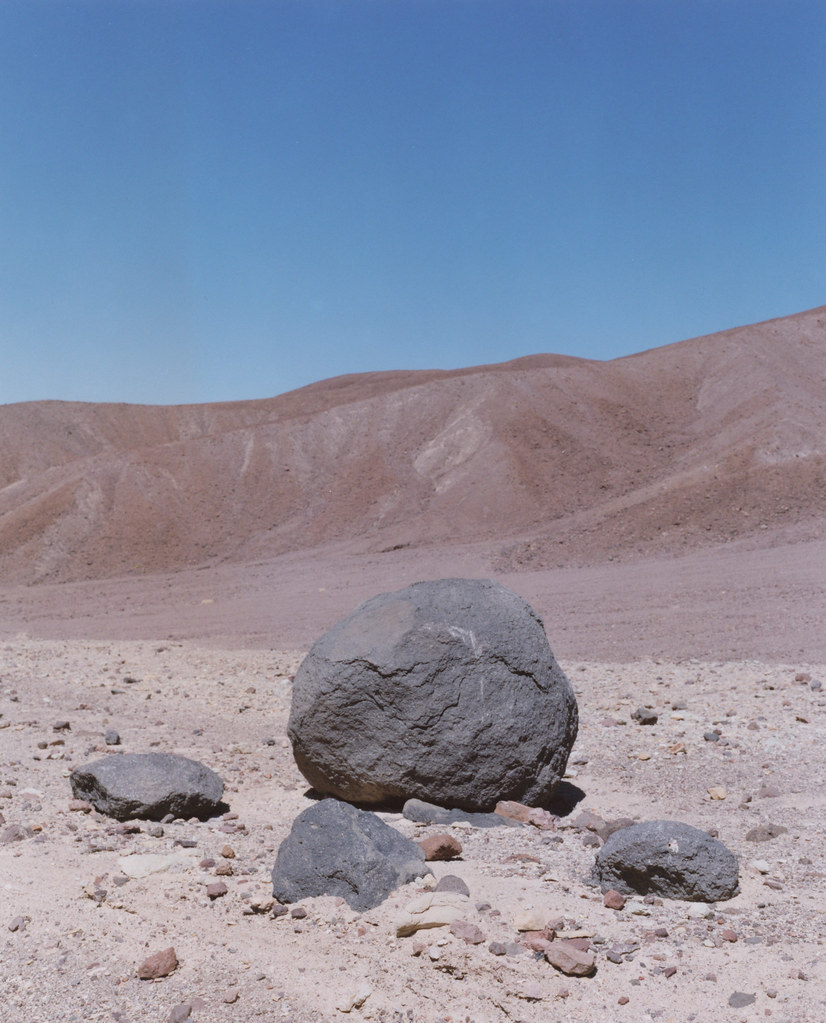
Death Valley: photo by Missy Prince, 27 September 2017

los angeles, california. kodak portra.: photo by Tag Christof, 28 September 2017

los angeles, california. kodak portra.: photo by Tag Christof, 28 September 2017

los angeles, california. kodak portra.: photo by Tag Christof, 28 September 2017
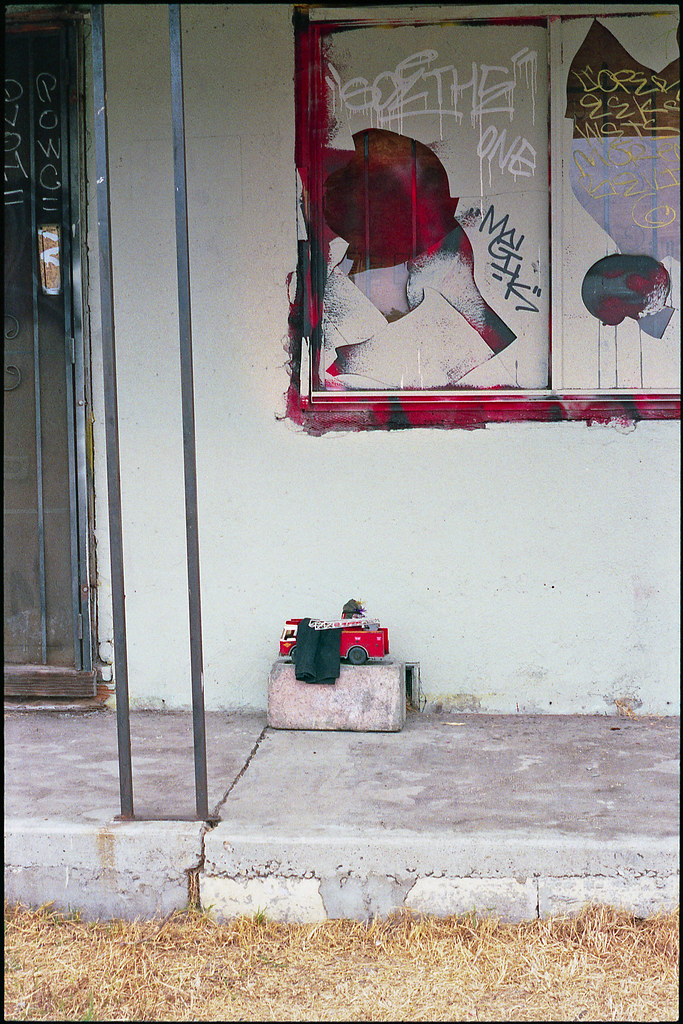
Fire engine red [south LA]: photo by Andrew Murr, 28 September 2017

Linnton, Portland, Oregon: photo by Jorge Guadalupe Lizárraga, February 2013

Shopping center landscape. More puddles than cars, more empty storefronts than full. [Clarksdale, MS]: photo by Andrew Murr, September 2017
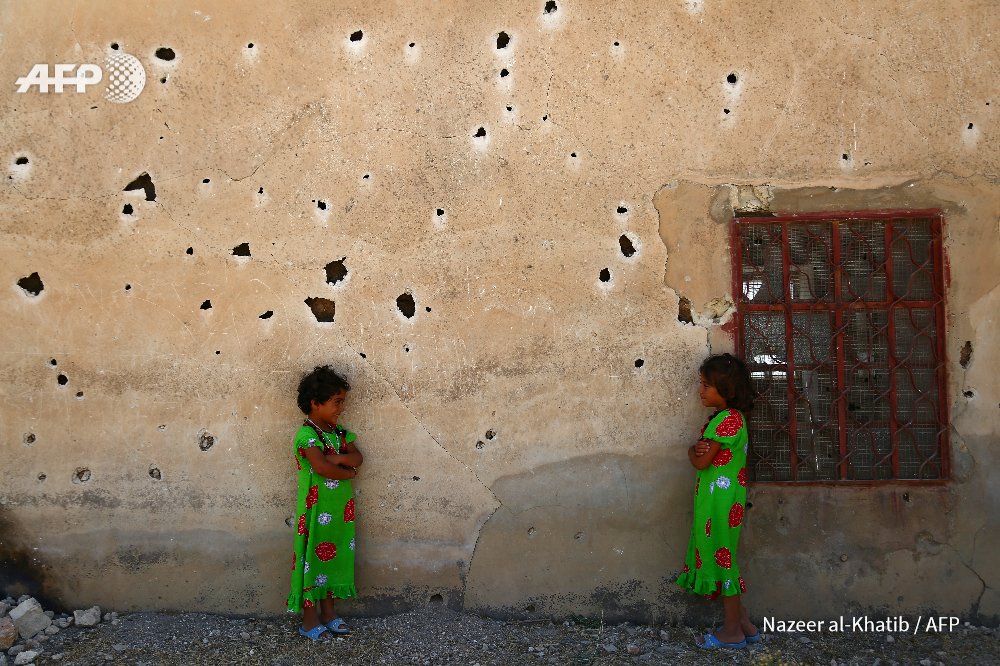
SYRIA
- Girls pose against a bullet-riddled wall in the rebel-held village of
Kafr Ghan in the northern countryside of Aleppo. Photo @NazeerAlk: image via Frédérique Geffard @fgeffardAFP, 28 August 2017

Puerto
Rico in the dark: Much of the island is still without electricity a
week after Hurricane Maria struck: image via Reuters Pictures
@reuterspictures, 27 September 2017
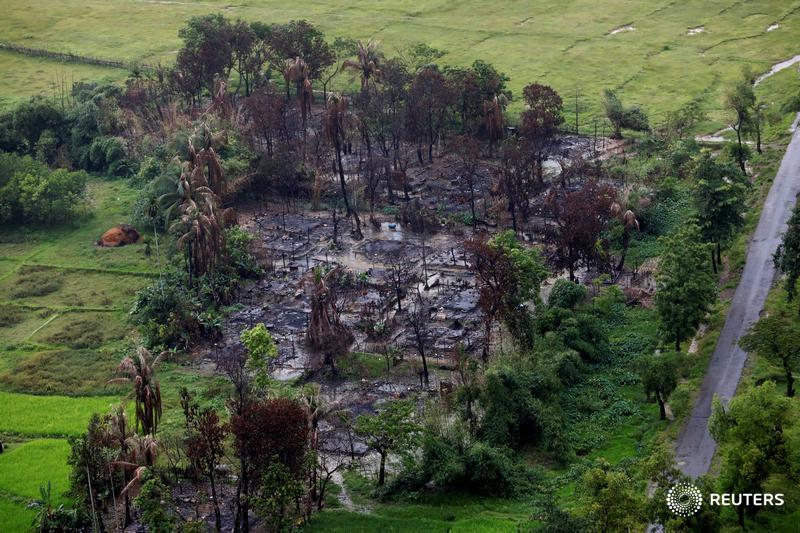
Where the Rohingya once lived: Aerial images of the torched villages in Myanmar's Rakhine state: image via Reuters Pictures @reuterspictures, 27 September 2017
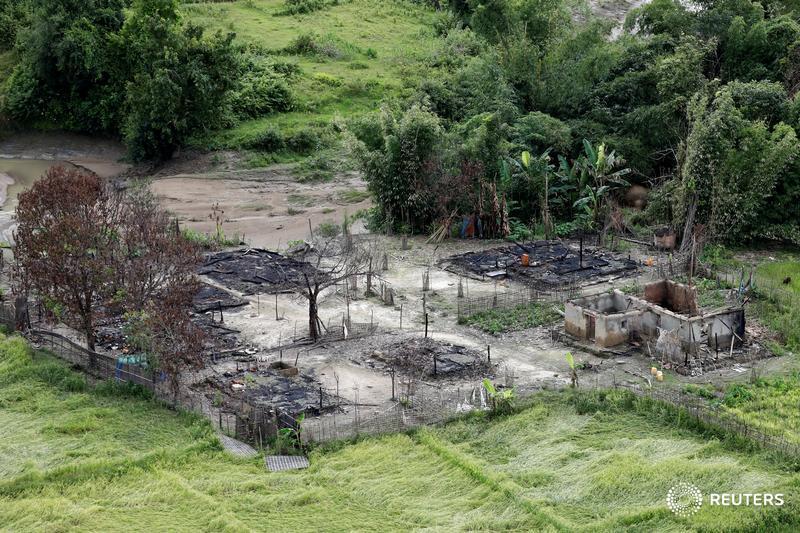
Where the Rohingya once lived: Aerial images of the torched villages in Myanmar's Rakhine state: image via Reuters Pictures @reuterspictures, 27 September 2017
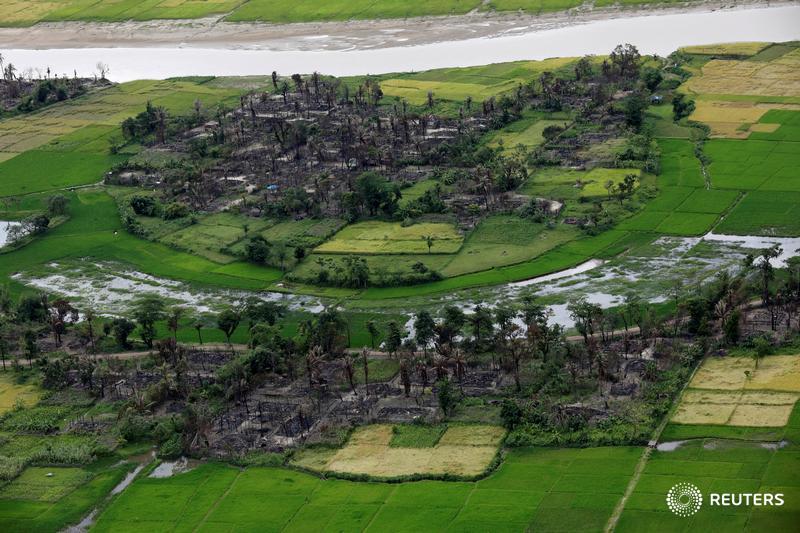
Where the Rohingya once lived: Aerial images of the torched villages in Myanmar's Rakhine state: image via Reuters Pictures @reuterspictures, 27 September 2017
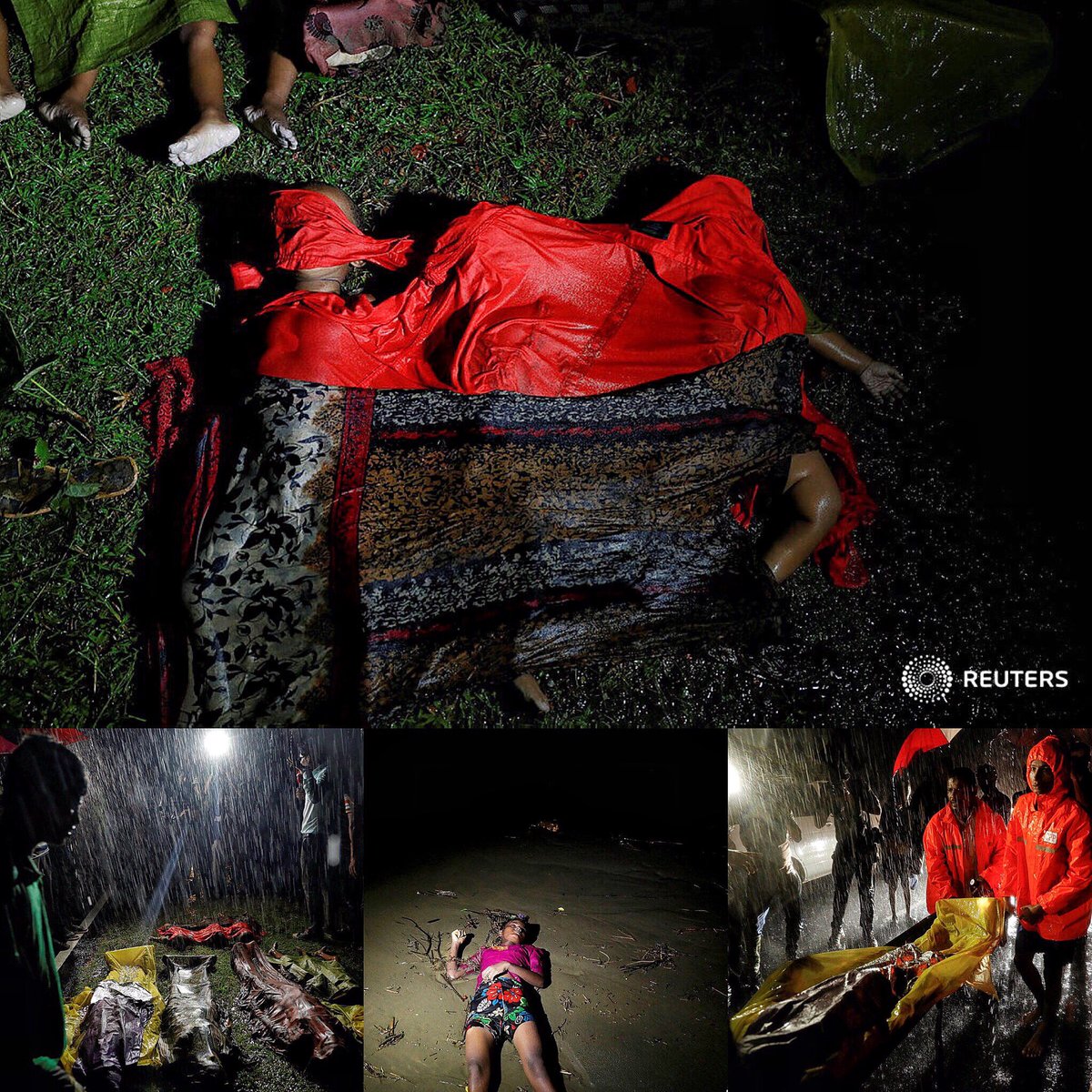
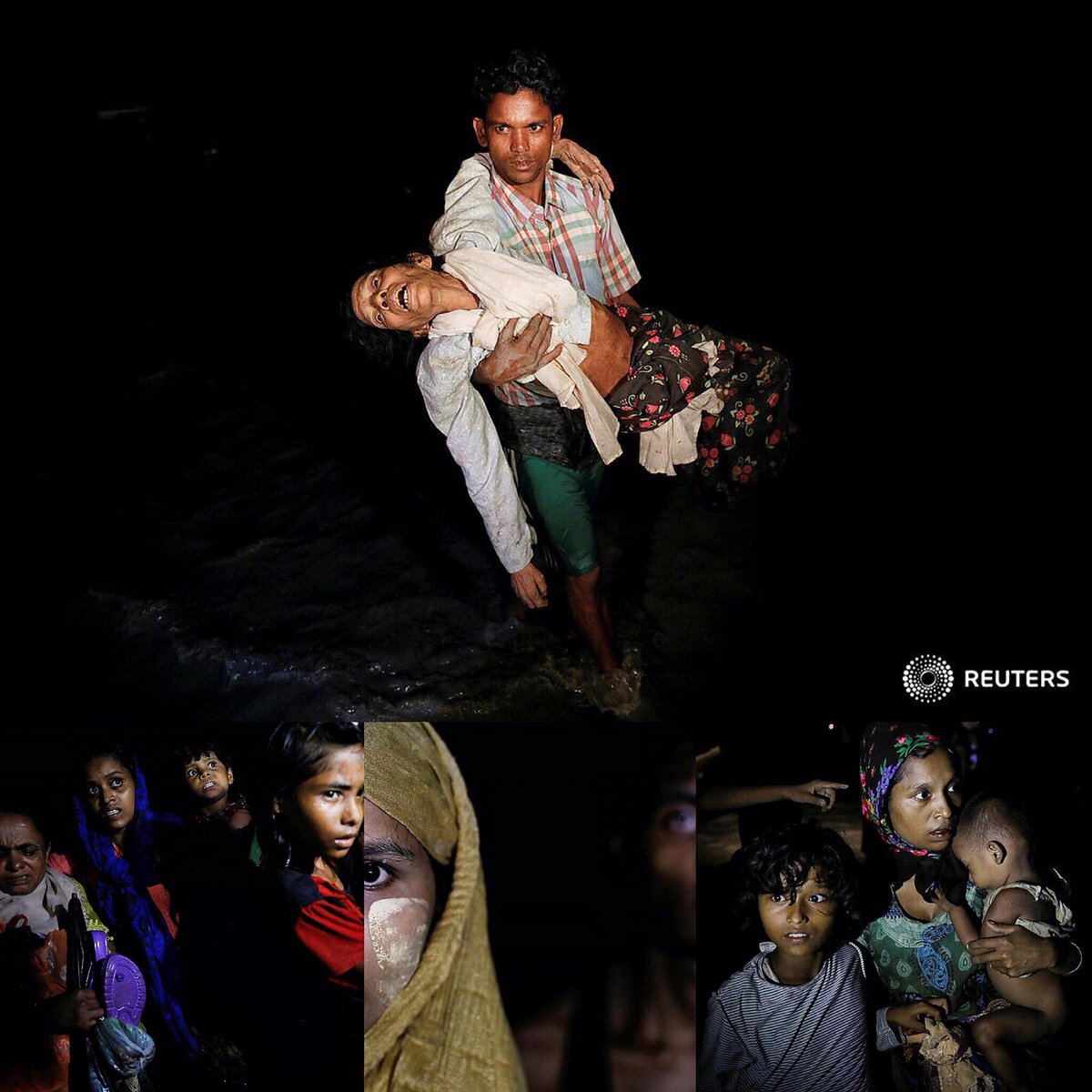
Under the cover of darkness hundreds of Rohingyas crossed into Bangladesh last night - please keep reading reports on this tragic story.: image via Damir Sagolj @damirsagolj, 27 September 2017
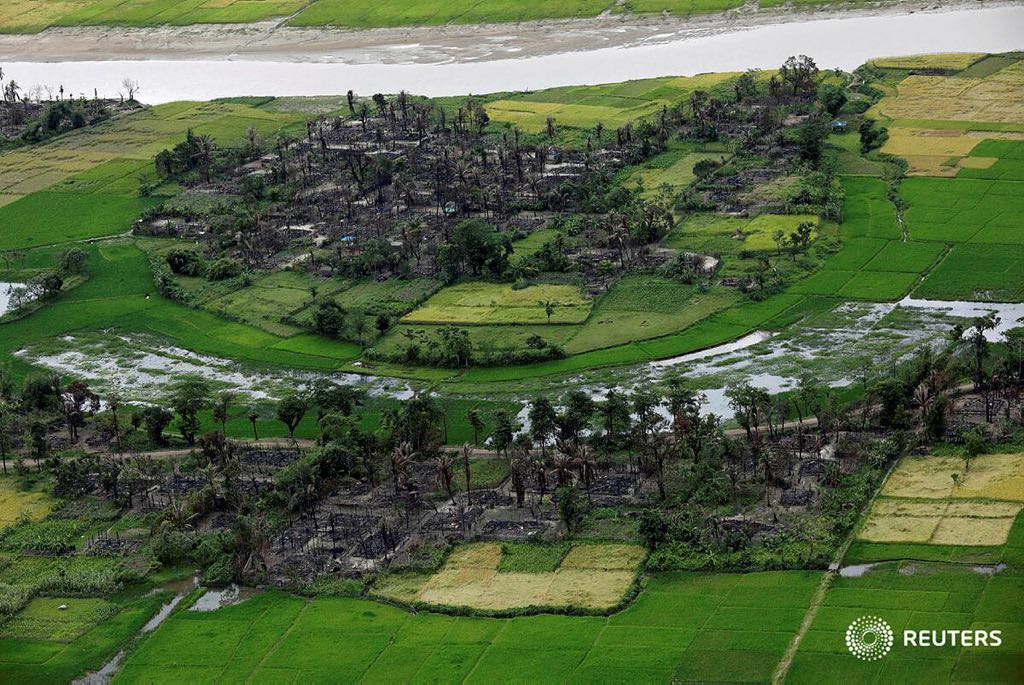
Massive destruction of villages in western #Myanmar seen in these powerful aerial @reuterspictures by @soezeya: image via Antoni Slodkowski @slodek, 27 September 2017
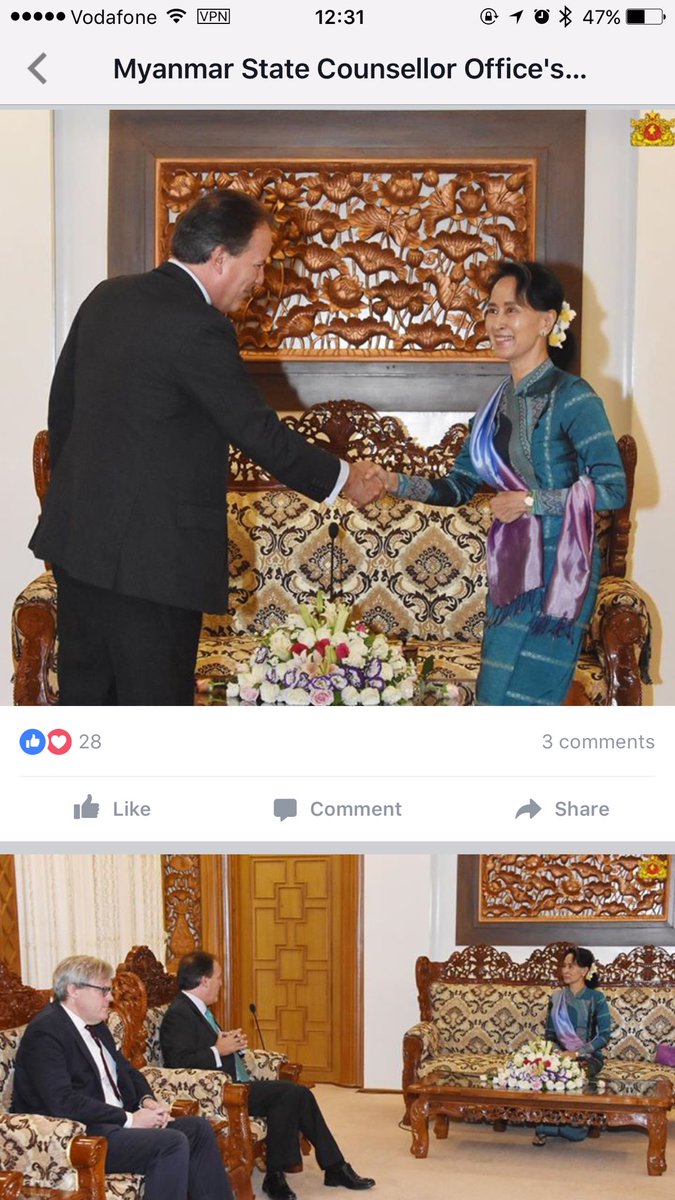
British minister of state @MarkFieldUK met Suu Kyi today. Did he ask her whether her spox represented her views (as hinted in parliament)?: image via Jonah Fisher @JonahFisherBBC, 27 September 2017
Jonah Fisher Retweeted Jonah Fisher
Jonah Fisher added,
Jonah Fisher added,
What @markfielduk didn't mention was the need to find out what has been going on. Suu Kyi says she wants to know but blocking UN mission.
tweet via Jonah Fisher @JonahFisherBBC, 28 September 2017
tweet via Jonah Fisher @JonahFisherBBC, 28 September 2017
Has the UN failed Myanmar's Rohingya Muslims?The UN leadership in Myanmar tried to stop the Rohingya rights issue being raised with the government, sources in the UN and aid community told the BBC:
One
former UN official said the head of the UN in Myanmar (Burma) tried to
prevent human rights advocates from visiting sensitive Rohingya areas.
More than 500,000 Rohingya have fled an offensive by the military, with many now sheltering in camps in Bangladesh.
The UN in Myanmar "strongly disagreed" with the BBC findings.
In
the month since Rohingya Muslims began flowing into Bangladesh, the UN
has been at the forefront of the response. It has delivered aid and made
robust statements condemning the Burmese authorities.
But sources
within the UN and the aid community both in Myanmar and outside have
told the BBC that, in the four years before the current crisis, the head
of the United Nations Country Team (UNCT), a Canadian called Renata
Lok-Dessallien:
- tried to stop human rights activists travelling to Rohingya areas
- attempted to shut down public advocacy on the subject
- isolated staff who tried to warn that ethnic cleansing might be on the way.
One aid worker, Caroline Vandenabeele, had seen the warning
signs before. She worked in Rwanda in the run-up to the genocide in late
1993 and early 1994 and says when she first arrived in Myanmar she
noticed worrying similarities."I was with a group of expats and Burmese business people
talking about Rakhine and Rohingya and one of the Burmese people just
said 'we should kill them all as if they are just dogs'. For me, this
level of dehumanisation of humans is one sign that you have reached a
level of acceptance in society that this is normal."
For more than a year I have been corresponding with Ms
Vandenabeele, who has served in conflict areas such as Afghanistan,
Pakistan, Sri Lanka, Rwanda and Nepal.
Between 2013 and 2015 she
had a crucial job in the UNCT in Myanmar. She was head of office for
what is known as the resident co-ordinator, the top UN official in the
country, currently Ms Dessallien.
The job gave Ms Vandenabeele a front-row seat as the UN grappled with how to respond to rising tensions in Rakhine state.
Back
in 2012, clashes between Rohingya Muslims and Rakhine Buddhists left
more than 100 dead and more than 100,000 Rohingya Muslims in camps
around the state capital, Sittwe.
Since then, there have been periodic flare-ups and, in the past
year, the emergence of a Rohingya militant group. Attempts to deliver
aid to the Rohingya have been complicated by Rakhine Buddhists who
resent the supply of aid for the Rohingya, at times blocking it and even
attacking aid vehicles.
It presented a complex emergency for the UN and aid agencies, who needed the co-operation of the government and the Buddhist community to get basic aid to the Rohingya.
At the same time they knew that speaking up about the human rights and statelessness of the Rohingya would upset many Buddhists.
So
the decision was made to focus on a long-term strategy. The UN and the
international community prioritised long-term development in Rakhine in
the hope that eventually increased prosperity would lead to reduced
tensions between the Rohingya and the Buddhists.
For UN staff it meant that publicly talking about the Rohingya
became almost taboo. Many UN press releases about Rakhine avoided using
the word completely. The Burmese government does not even use the word
Rohingya or recognise them as a distinct group, preferring to call them
"Bengalis".
During my years reporting from Myanmar, very few UN
staff were willing to speak frankly on the record about the Rohingya.
Now an investigation into the internal workings of the UN in Myanmar has
revealed that even behind closed doors the Rohingyas' problems were put
to one side.
Where have the Rohingya fled to
Multiple sources in Myanmar's aid community have
told the BBC that at high-level UN meetings in Myanmar any question of
asking the Burmese authorities to respect the Rohingyas' human rights
became almost impossible.
Ms
Vandenabeele said it soon became clear to everyone that raising the
Rohingyas' problems, or warning of ethnic cleansing in senior UN
meetings, was simply not acceptable.
"Well you could do it but it
had consequences," she said. "And it had negative consequences, like you
were no longer invited to meetings and your travel authorisations were
not cleared. Other staff were taken off jobs - and being humiliated in
meetings. An atmosphere was created that talking about these issues was
simply not on."
Repeat offenders, like the head of the UN's Office
for the Co-ordination for Humanitarian Assistance (UNOCHA) were
deliberately excluded from discussions.
Ms Vandenabeele told me
she was often instructed to find out when the UNOCHA representative was
out of town so meetings could be held at those times. The head of UNOCHA
declined to speak to the BBC but it has been confirmed by several other
UN sources inside Myanmar.
Ms Vandenabeele said she was labelled a
troublemaker and frozen out of her job for repeatedly warning about the
possibility of Rohingya ethnic cleansing. This version of events has
not been challenged by the UN.
Attempts to restrict those talking
about the Rohingya extended to UN officials visiting Myanmar. Tomas
Quintana is now the UN special rapporteur for human rights in North
Korea but for six years, until 2014, held that same role for Myanmar.
Speaking from Argentina, he told me about being met at Yangon airport by Ms Dessallien.
"I
received this advice from her - saying you should not go to northern
Rakhine state - please don't go there. So I asked why and there was not
an answer in any respect, there was just the stance of not trying to
bring trouble with the authorities, basically," he said.
"This is
just one story, but it demonstrates what was the strategy of the UN
Country Team in regards to the issue of the Rohingya."
Mr Quintana
still went to northern Rakhine but said Ms Dessallien "disassociated"
herself from his mission and he didn't see her again.
One senior UN staffer told me: "We've been pandering to the Rakhine community at the expense of the Rohingya.
"The
government knows how to use us and to manipulate us and they keep on
doing it - we never learn. And we can never stand up to them because we
can't upset the government."
The UN's priorities in Rakhine were examined in a
report commissioned by the UN in 2015 entitled "Slippery Slope: Helping
Victims or Supporting Systems of Abuse".
Leaked to the BBC, it is damning of the UNCT approach.
"The
UNCT strategy with respect to human rights focuses too heavily on the
over-simplified hope that development investment itself will reduce
tensions, failing to take into account that investing in a
discriminatory structure run by discriminatory state actors is more
likely to reinforce discrimination than change it."
There have
been other documents with similar conclusions. With António Guterres as
the new secretary general in New York, a former senior member of the UN
was asked to write a memo for his team in April.
Titled
"Repositioning the UN" the two-page document was damning in its
assessment, calling the UN in Myanmar "glaringly dysfunctional".
In the weeks that followed the memo, the UN confirmed that Ms Dessallien was being "rotated"
but stressed it was nothing to do with her performance. Three months on
Ms Dessallien is still the UN's top official there after the Burmese
government rejected her proposed successor.
"She has a fair view
and is not biased," Shwe Mann, a former senior general and close ally of
Myanmar's de facto leader Aung San Suu Kyi, told me. "Whoever is biased
towards the Rohingyas, they won't like her and they will criticise
her."
Ms Dessallien declined to give an interview to the BBC to respond to this article.
The UN in Myanmar said its approach was to be "fully inclusive" and ensure the participation of all relevant experts.
"We
strongly disagree with the accusations that the resident co-ordinator
'prevented' internal discussions. The resident co-ordinator regularly
convenes all UN agencies in Myanmar to discuss how to support peace and
security, human rights, development and humanitarian assistance in
Rakhine state," a statement from a UN spokesperson in Yangon said.
On
Tomas Quintana's visits to Rakhine, the spokesperson said Ms Dessallien
had "provided full support" in terms of personnel, logistics and
security.
Ten ambassadors, including from Britain and the United
States, wrote unsolicited emails to the BBC when they heard we were
working on this report, expressing their support for Ms Dessallien.
There
are those who see similarities between the UN's much-criticised role in
Sri Lanka and what has happened in Myanmar. Charles Petrie wrote a
damning report into the UN and Sri Lanka, and also served as the UN's
top official in Myanmar (before being expelled in 2007).
He said
the UN's response to the Rohingya over the past few years had been
confused and that Ms Dessallien hadn't been given the mandate to bring
all of the key areas together.
"I think the key lesson for Myanmar
from Sri Lanka is the lack of a focal point. A senior level focal point
addressing the situation in Myanmar in its totality - the political,
the human rights, the humanitarian and the development. It remains
diffuse. And that means over the last few years there have been almost
competing agendas."
So might a different approach from the UN and
the international community have averted the humanitarian disaster we
are seeing now? It's hard to see how it might have deterred the Burmese
army's massive response following the 25 August Rohingya militant
attack.
Ms Vandenabeele said she at least believed an early warning system she proposed might have provided some indications of what was about to unfold.
"It's hard to say which action would have
been able to prevent this," she told me. "But what I know for sure is
that the way it was done was never going to prevent it. The way it was
done was simply ignoring the issue."
Mr Quintana said he wished
the international community had pushed harder for some sort of
transitional justice system as part of the move to a hybrid democratic
government.
One source said the UN now appeared to be preparing
itself for an inquiry into its response to Rakhine, and this could be
similar to the inquiry that came after the controversial end to Sri
Lanka's civil war - and which found it wanting.
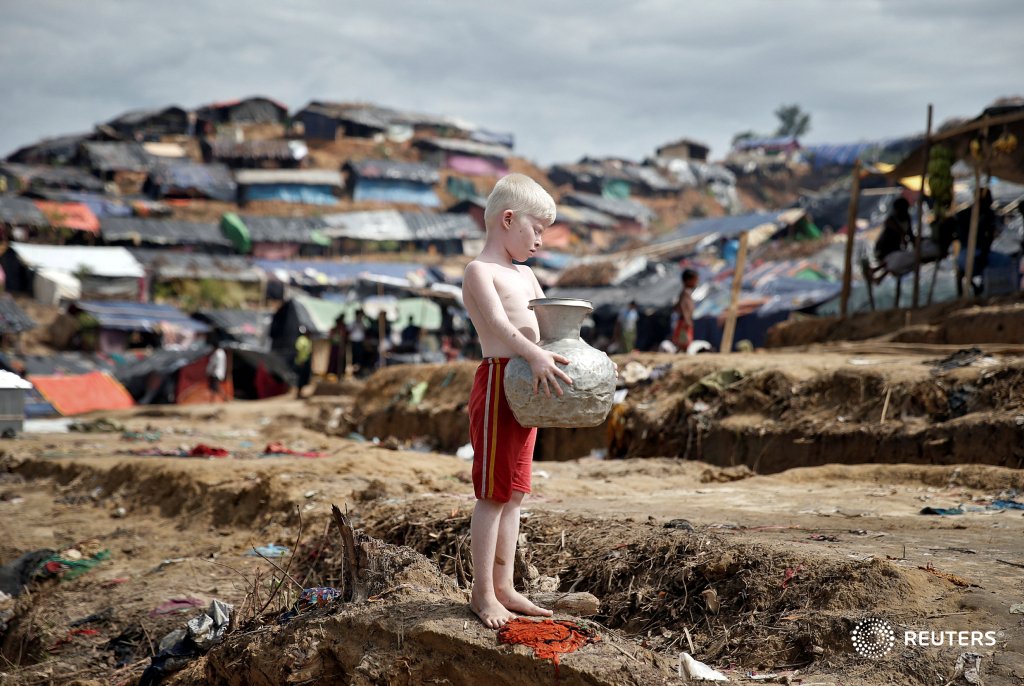
An albino Rohingya refugee poses for a picture in Cox's Bazar, Bangladesh Photo @Cathal1978: image via Reuters Pictures @reuterspictures, 27 September 2017
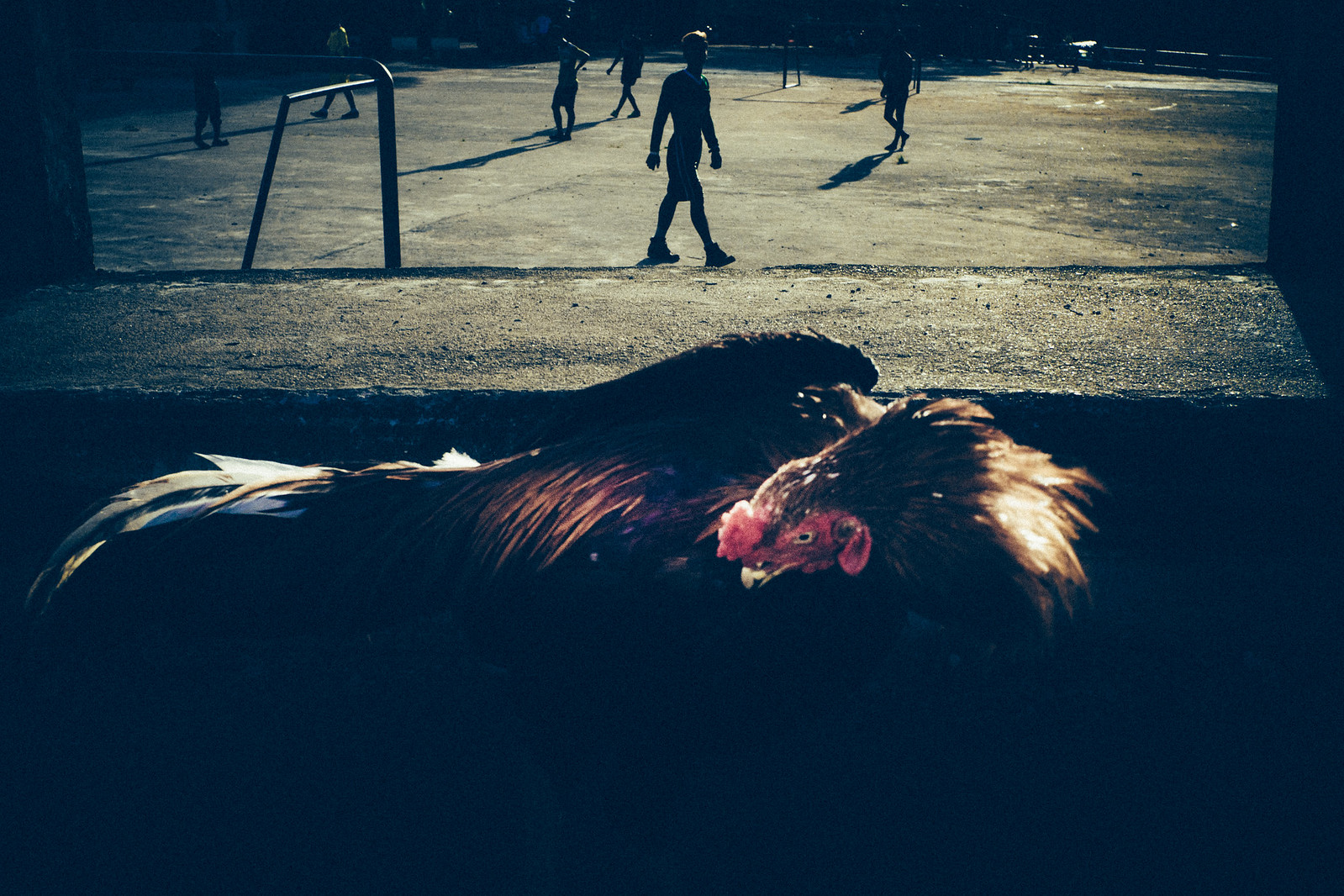
DSC05906 [Chumphon. Thailand]: photo by noppadol maitreechit, 4 September 2017

DSC05906 [Chumphon. Thailand]: photo by noppadol maitreechit, 4 September 2017

DSC05906 [Chumphon. Thailand]: photo by noppadol maitreechit, 4 September 2017

III [Hollywood Hills]: photo by Andrew Murr, 26 September 2017
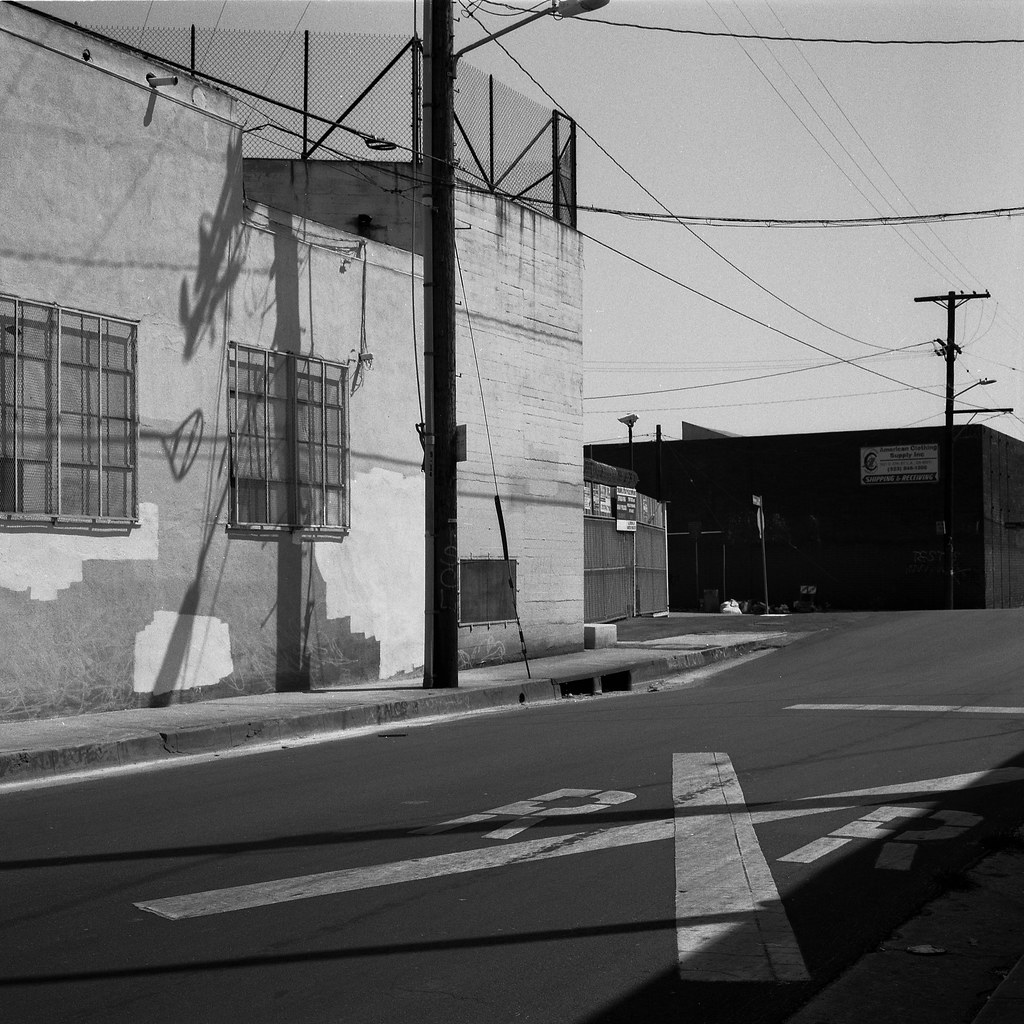
X -- abandoned RR line. The crossing marks outlived the tracks.: photo by Andrew Murr, 27 September 2017
Egg of Columbus. I ate it 10 minutes later.: photo by Jacper "Kangel" Aniolek, 27 January 2007
Wrong from the Start (Deviant Egg of Columbus)
The path of least resistance
is a straight line
but once you deviate
even slightly
the path of least
resistance becomes
that of greater
and greater
deviation

Egg of Columbus. I ate it 10 minutes later.: photo by Jacper "Kangel" Aniolek, 27 January 2007

'Columbus Breaking the Egg' (Christopher Columbus): William Hogarth, 1752, etching (141 mm x 178 mm) (National Portrait Gallery, London)

Replying
to @realDonaldTrump Sorry #Dotard but it was "Once" an honor to visit
the WH.. it ended the day u stepped in and it will cont when ur kicked
out #Curry #AMJoy: image via Truthtalker @Brotatopics, 23 September 2017


All! Of! THIS! #SteveKerr on #DOTARDDRUMPF TELL IT!: image via #BackYouUpCreep @EmaCornaCopia, 24 September 2017

for people like the guy on the left to take a stand, they need to know the guy on the right has their back #stevekerr: image via Brad Hartman @BradHartman7, 23 September 2017

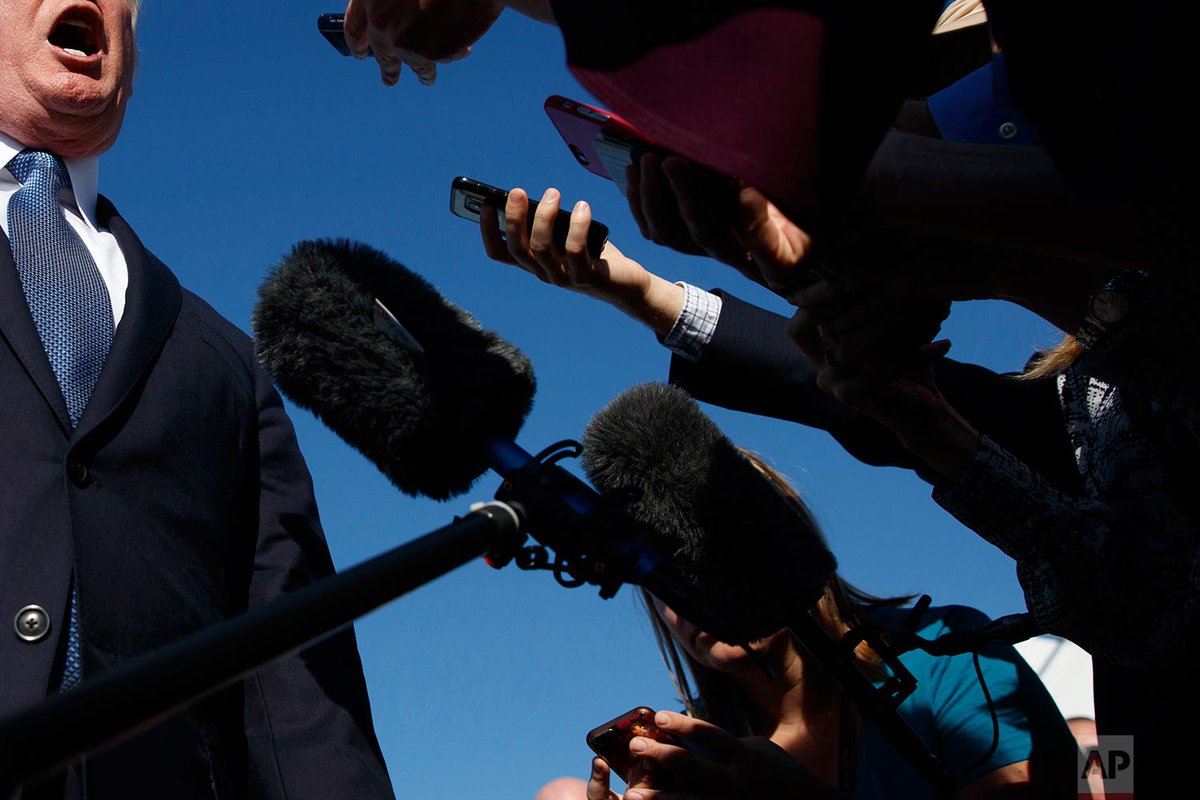
Trump is indulging in his favorite kind of drama - personal, aggressive, culturally volatile and of his own making.: image via AP Images @AP_Images, 25 September 2017


Must be a reason Trump doesn't want Golden State Warriors in the White House, but I just can't put my finger on it #Curry: image via Jeremy Levy @jewgravy, 23 September 2017

Trump is indulging in his favorite kind of drama - personal, aggressive, culturally volatile and of his own making.: image via AP Images @AP_Images, 25 September 2017

Buffalo Bills players kneel during the national anthem
prior to an NFL football game against the Denver Broncos, Sunday, Sept.
24, 2017, in Orchard Park, N.Y. : photo by Jeffrey T. Barnes/AP, 24 September 2017






